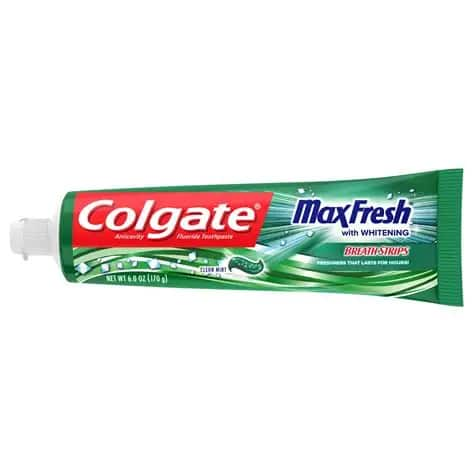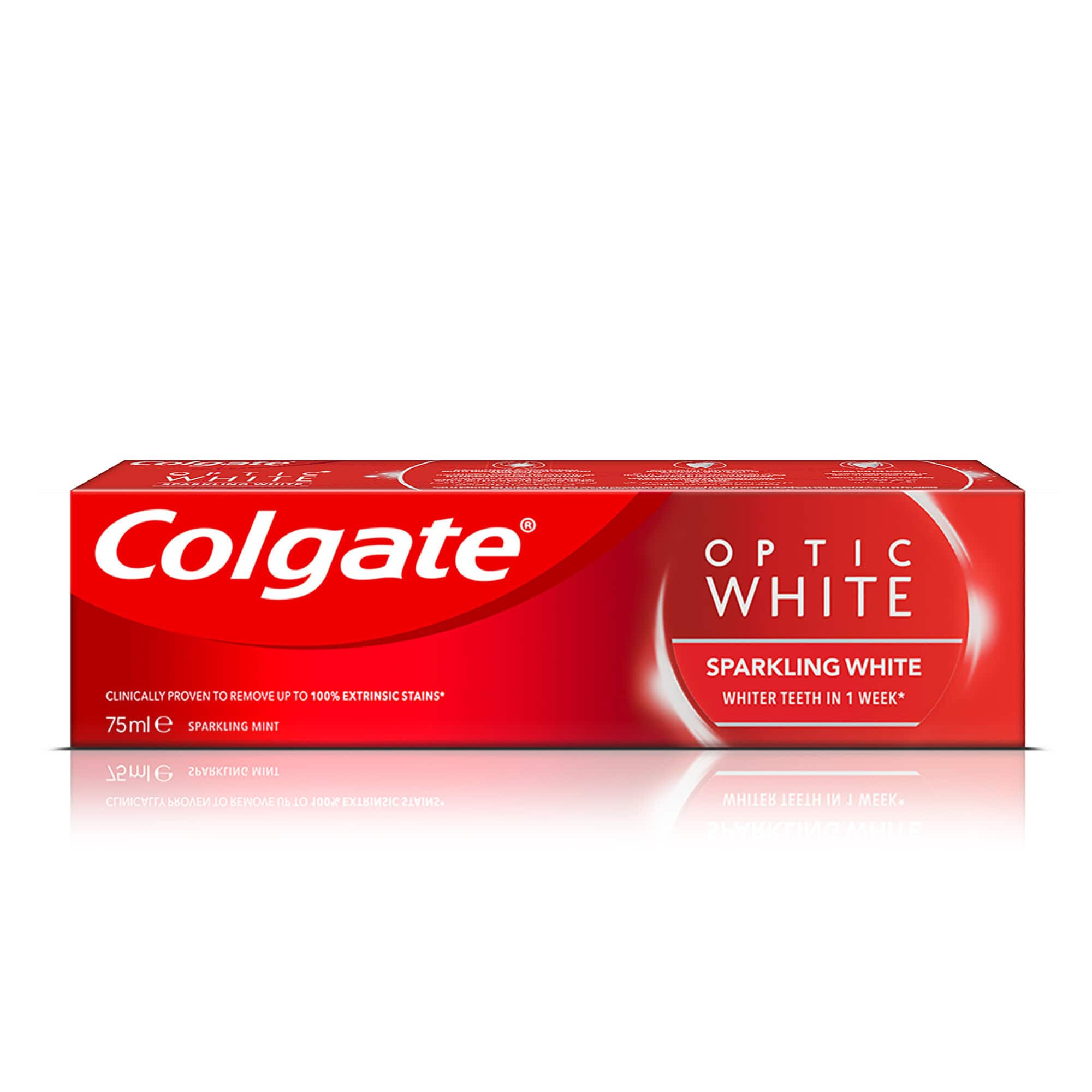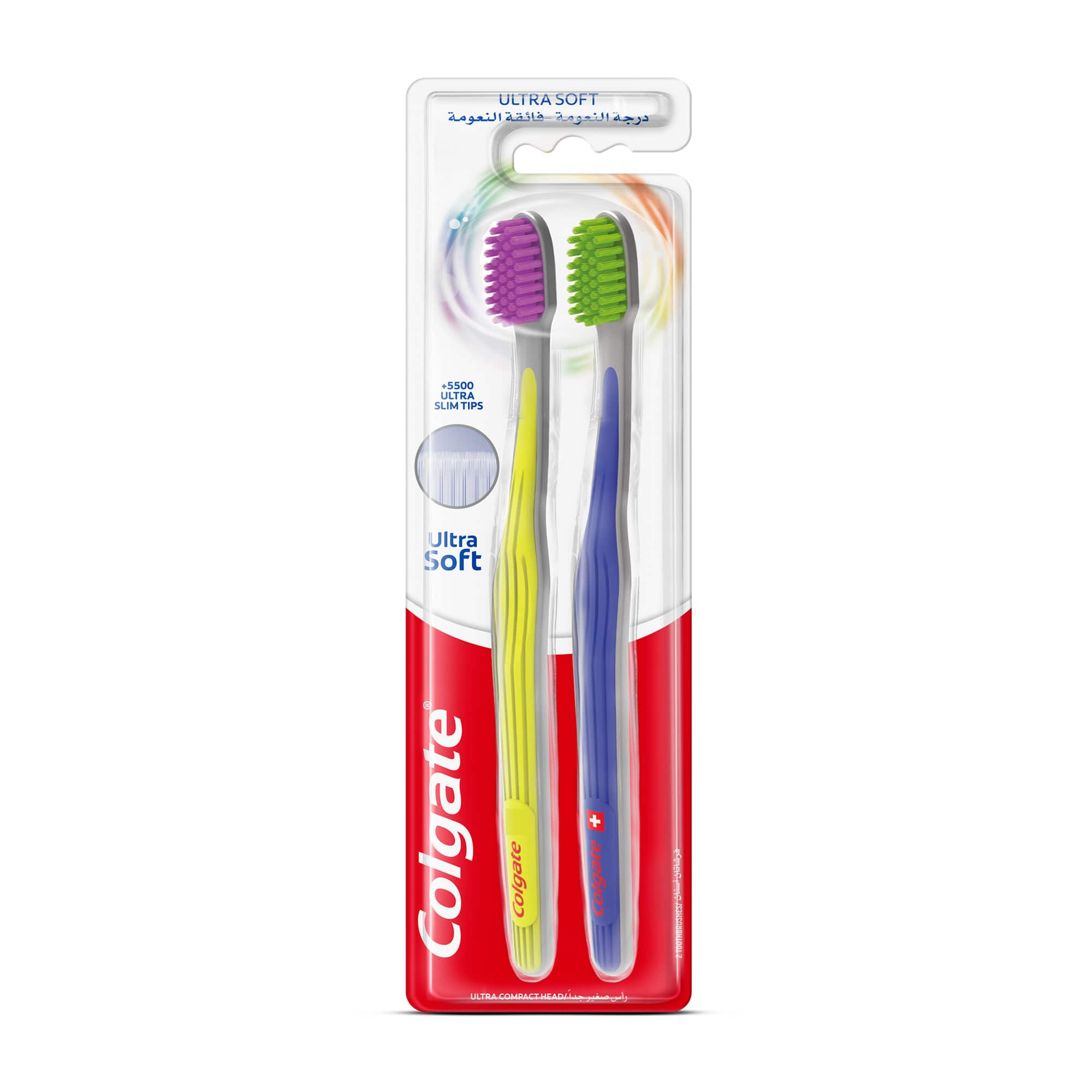All oral health articles
370 results






Bad Breath (Halitosis)
5 Surprising Causes for Bad Breath in Children and What You Can Do About It
A toothbrush doesn't always cure bad breath in children. Here are five other surprising causes to consider.
Read More

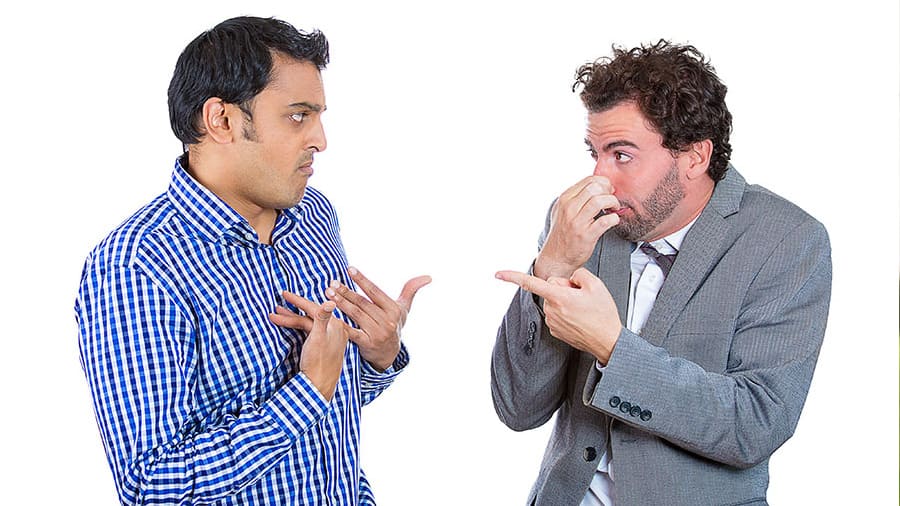
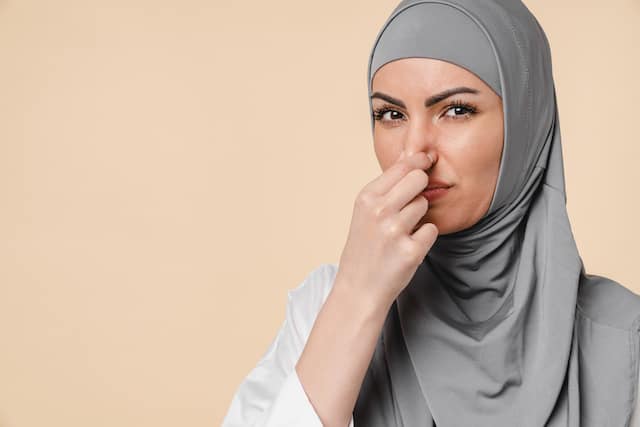
Bad Breath (Halitosis)
How To Prevent Bad Breath If You're An Older Adult
Bad breath can be a problem for anyone. However, older adults are more prone to bad breath due to a number of dental conditions. Find out more, here.
Read More

Bad Breath (Halitosis)
5 Foods That Zap Bad Breath Fast
Are you suffering from bad breath? If you are, here are 5 natural bad breath remedies to brighten your day.
Read More
Bad Breath (Halitosis)
The Best Mouthwash for Bad Breath: Key Ingredients to Look For
Mouthwashes fall into one of two categories: therapeutic or cosmetic. Click here to understand more.
Read More
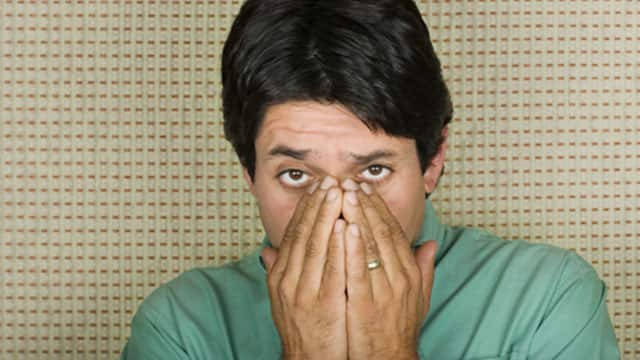
Bad Breath (Halitosis)
Trimethylaminuria And The Fishy Odor
Bad breath, or "mabahong hininga" may be caused by a genetic condition known as trimethylaminuria. Find out more about the causes of trimethylaminuria, treatment, and more.
Read More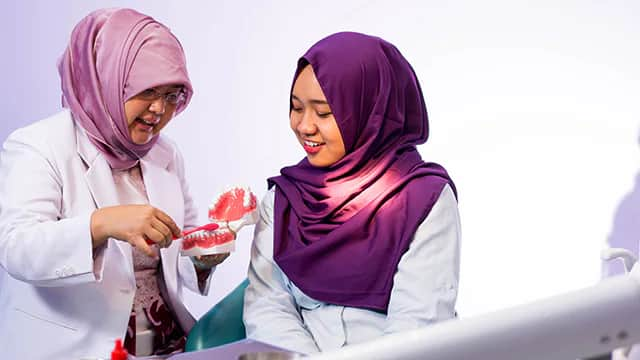




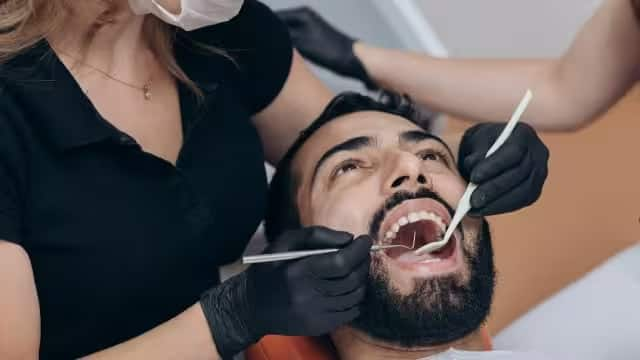


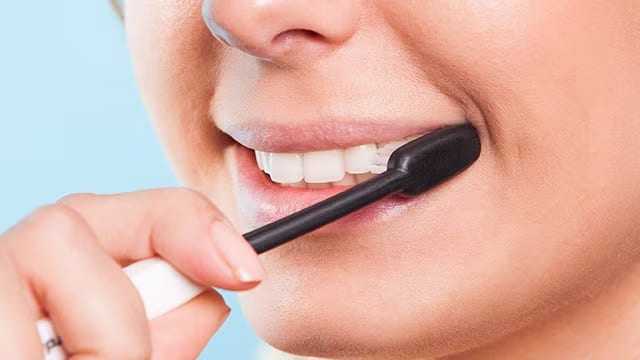


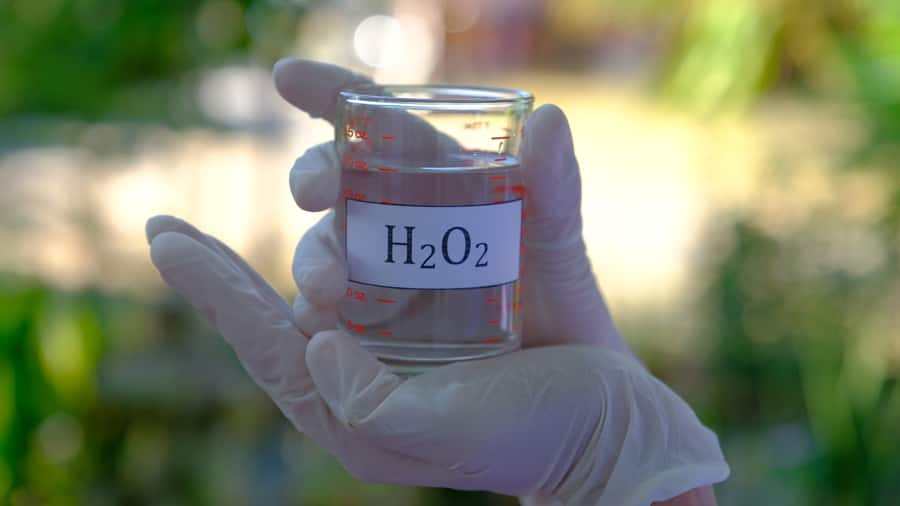
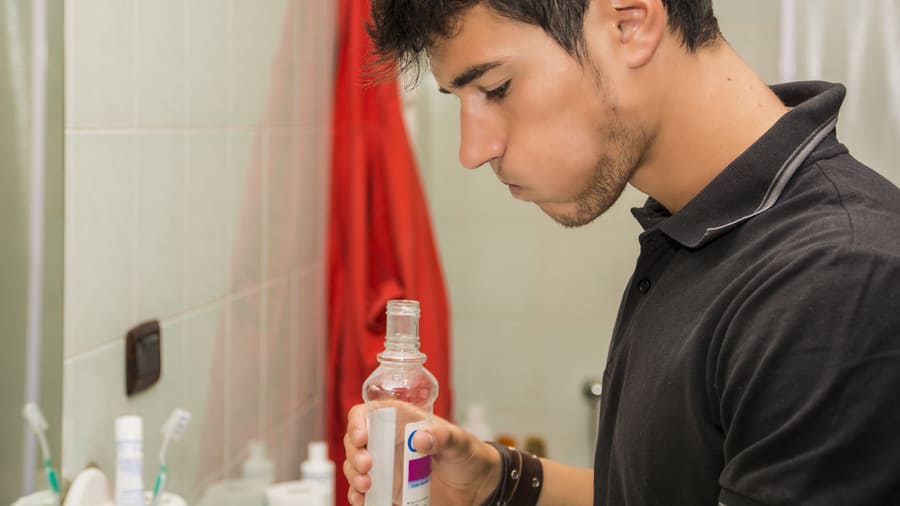

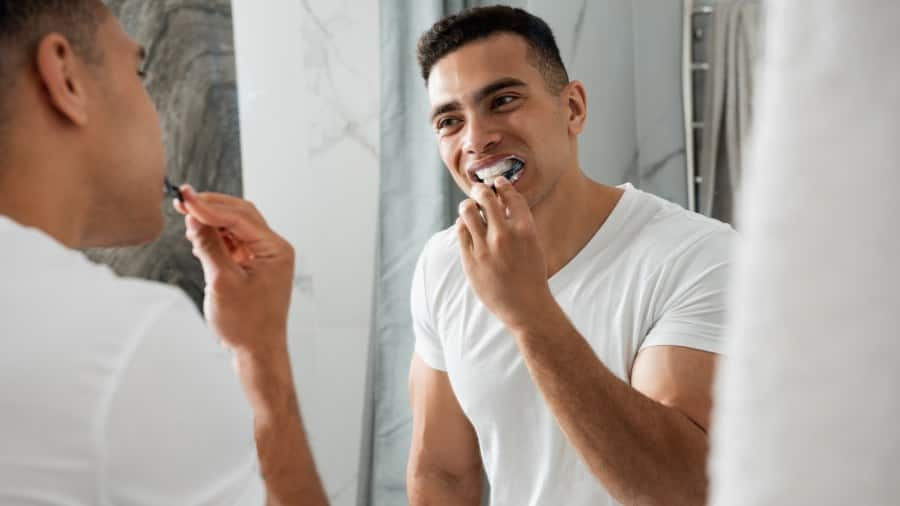
Oral Care: Adults (18+)
What You Need to Know About Vegan Oral Care
Vegan Oral Care, what is it? Looking to adapt to a plant-based lifestyle and vegan oral care can be part of that change. For more information visit here.
Read More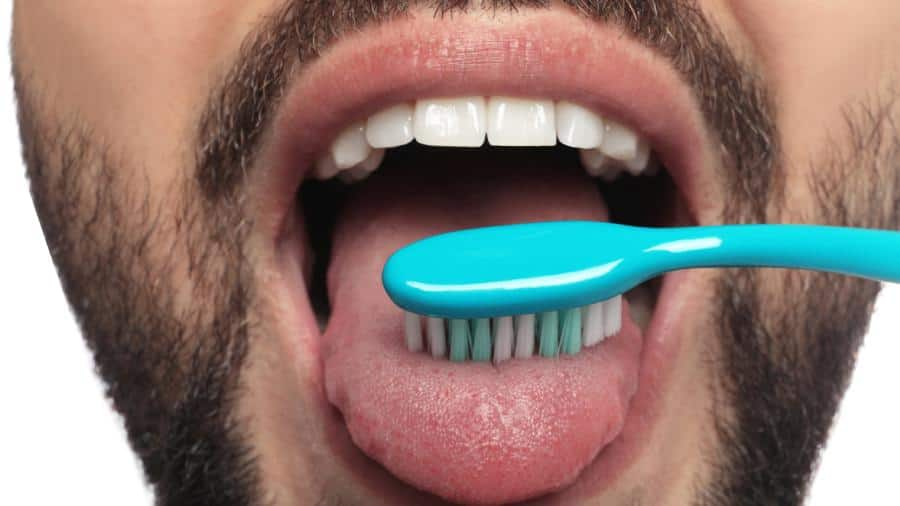
Oral Care: Adults (18+)
What Causes a Gray Tongue?
A healthy tongue should be pink, so noticing that your tongue has turned gray can be distressing. Learn more about the causes and how it can be treated.
Read More
Oral Care: Adults (18+)
Everything About Atrophic Glossitis
Abnormal tongue conditions can look alarming. Atrophic glossitis is one of these conditions. Luckily, with a dental professional on your side, they can put your mind at ease and get your tongue back to its normal self.
Read More
Oral Care: Adults (18+)
When To Receive Gum Abscess Treatment
Majority of periodontal diseases are painless and rarely require urgent dental attention. Gum abscess treatment is a common exception. Learn more about the procedure here.
Read More
Oral Care: Adults (18+)
Is Gum Reshaping Right for You?
Gum reshaping can help you get the beautiful smile you desire.
Read More
Oral Care: Adults (18+)
Ten Causes of Yellow Teeth and How to Avoid Them
Yellow teeth can cost you your confidence and willingness to smile every day. Here are ten common causes of this undesirable tinge and how to avoid them.
Read More

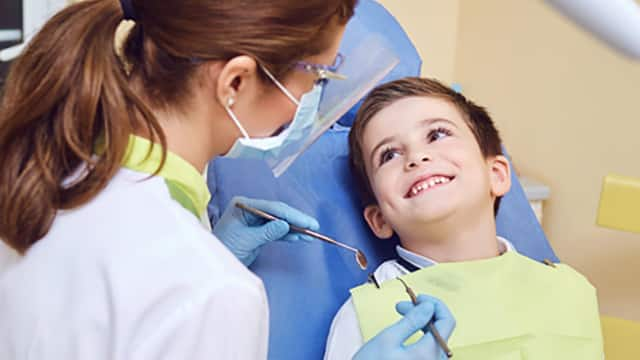
Oral Care: Adults (18+)
Working Smarter Not Harder: Incorporating caries risk assessment into patient care
Read More

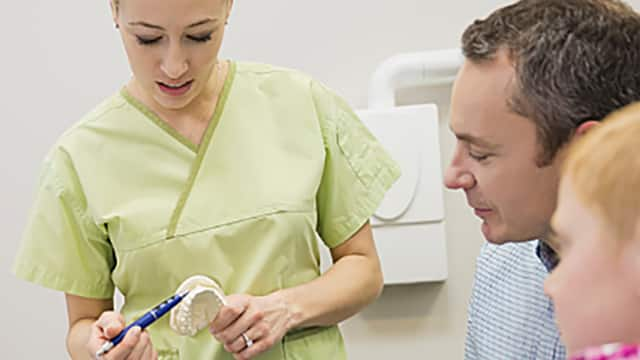
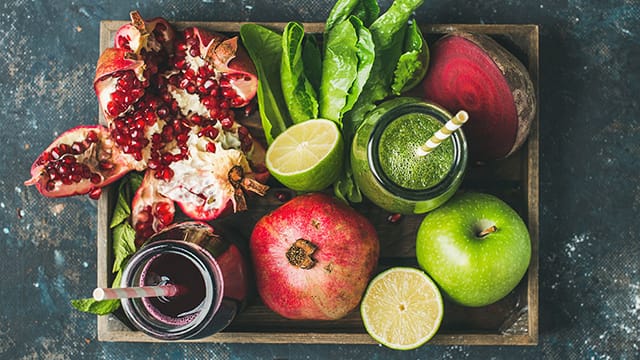
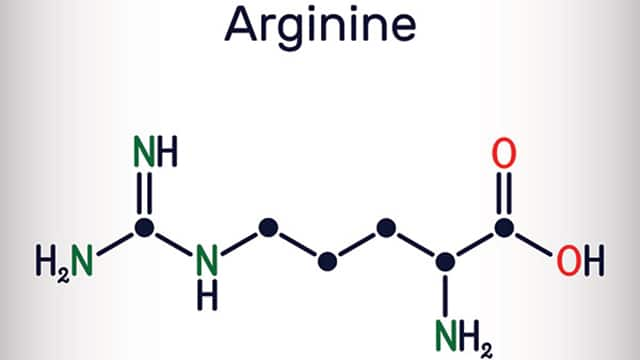
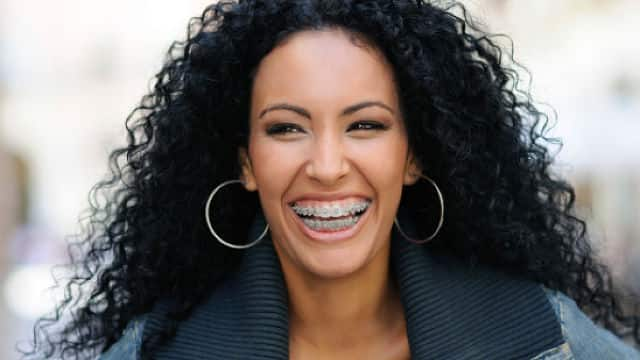

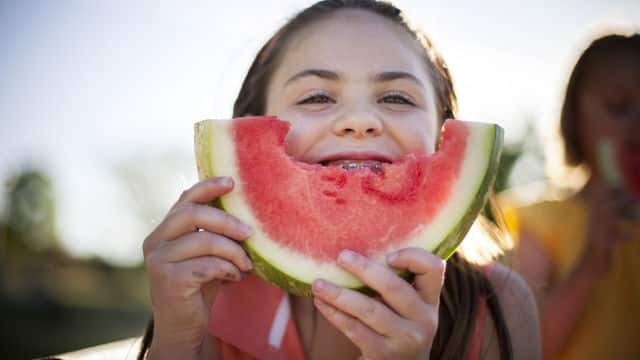




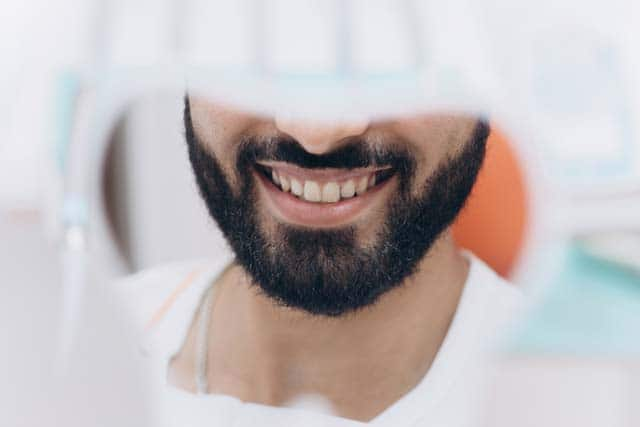

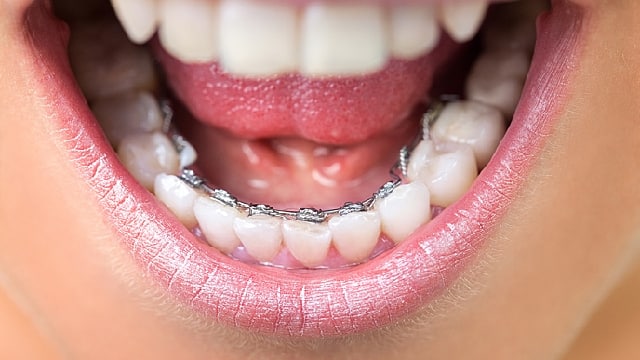
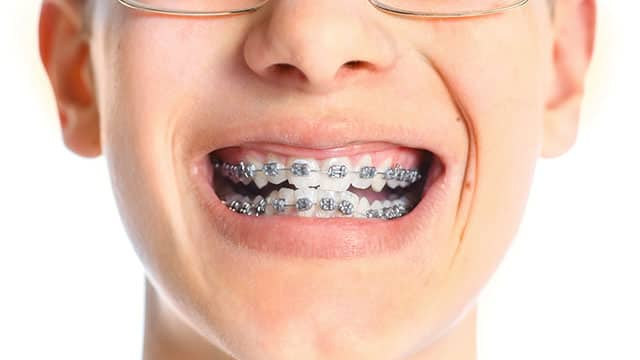
Adult Orthodontics
Caring for Braces: You're on Your Way to a Healthy Smile
Caring for braces is an important part of the experience: The better care you take of your braces, the more comfortable and effective they'll be, and the quicker you'll have them taken off.
Read More
Adult Orthodontics
Orthodontic Treatment Advances: Braces Then And Now
Find information on orthodontics for adults, including alignment, preventative treatments and maintenance of braces, from the Colgate Oral Care Center.
Read More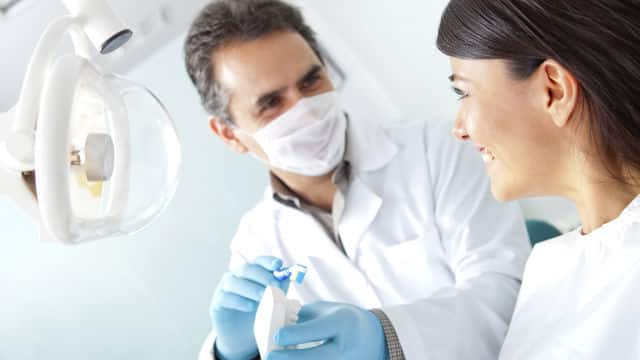



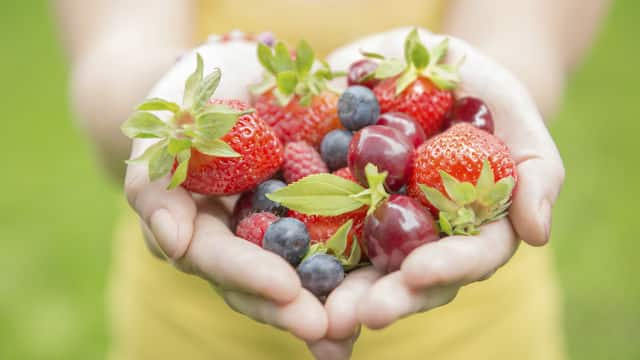








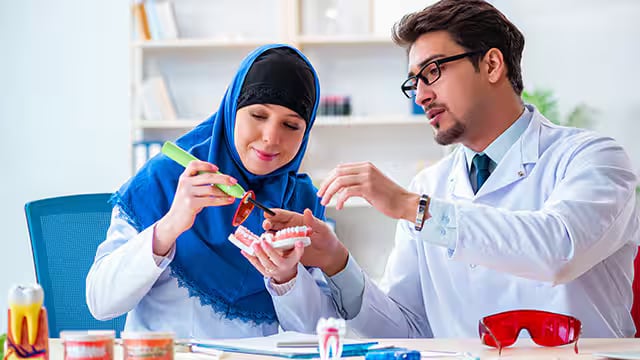




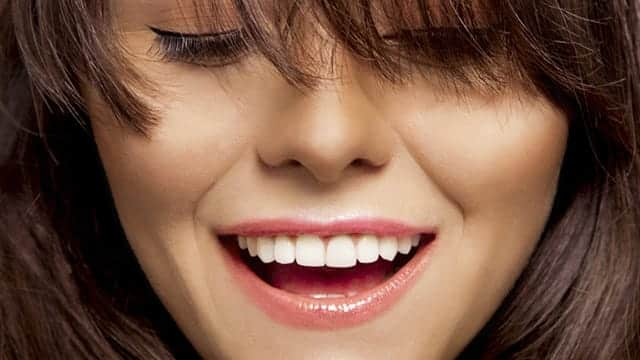
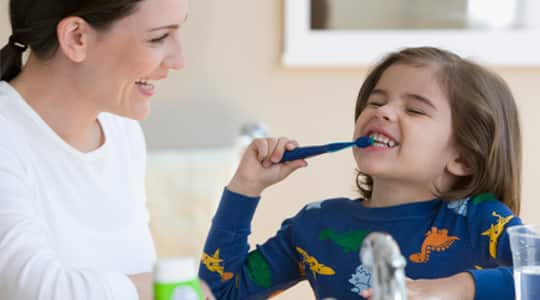
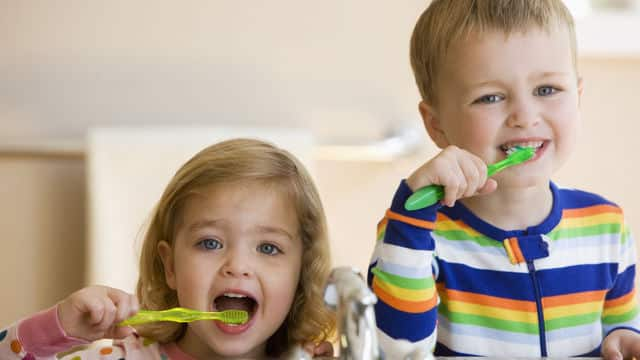
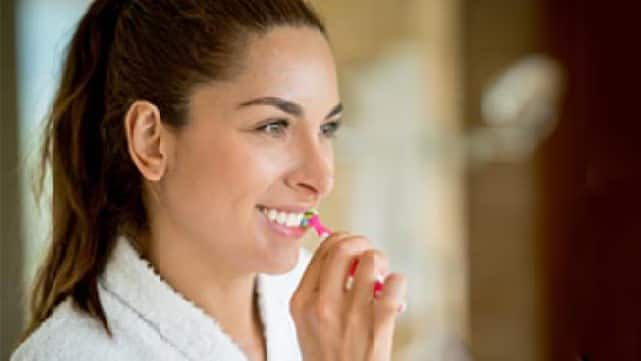
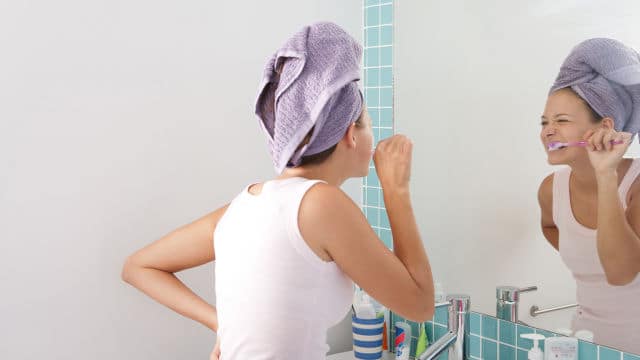


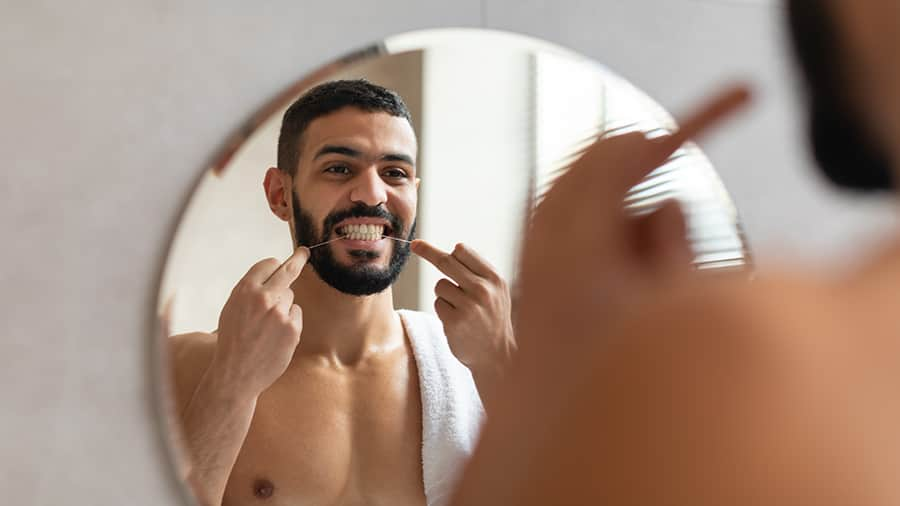
Brushing & Flossing
Flossing: How Important Is Flossing to You?
How important is flossing to you? Many people hate flossing. Why? Because for many, it may be a challenging task. Here's why you shouldn't skip this step.
Read More


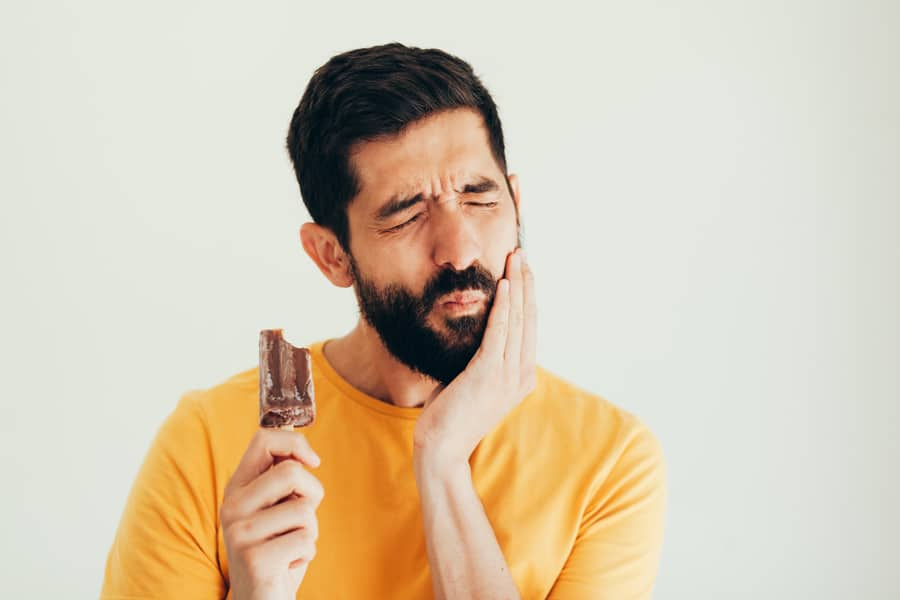












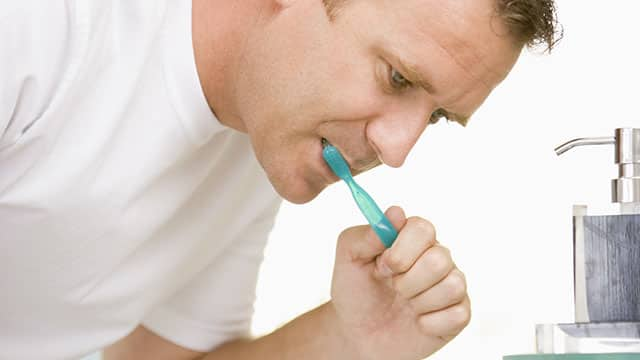
Cavities
What Is A Gumline Cavity?
Did you know that cavities can form in the pits & grooves of the molars, between teeth, or even along the gumline. Learn more about gumline cavities here.
Read More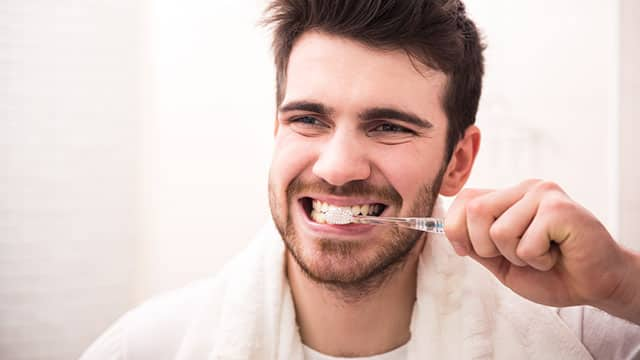
Cavities
Pit And Fissure Cavity: How To Prevent
Pit and fissure cavity prevention can start right at home. Make sure to brush your teeth twice a day for at least two minutes each session.
Read More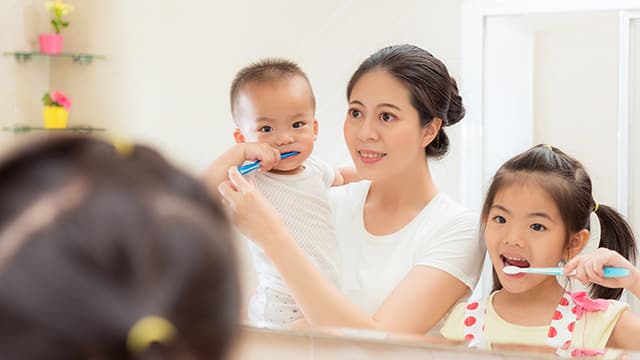
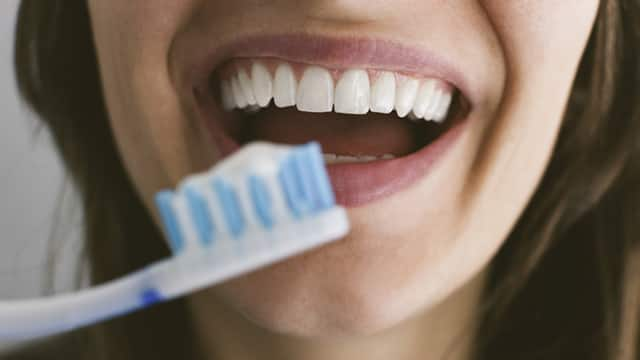
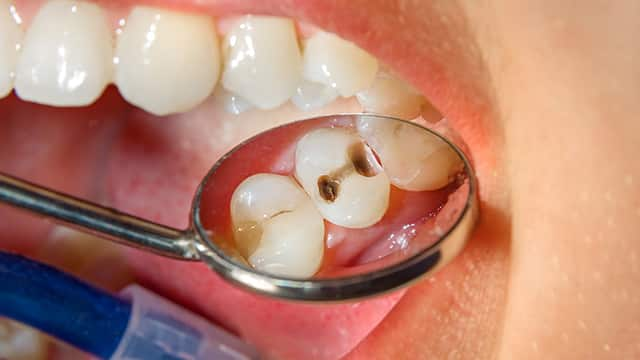
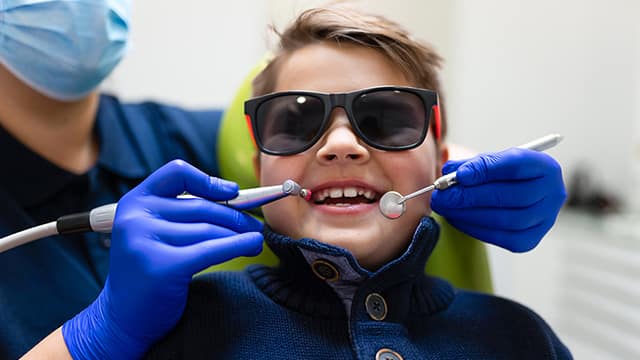
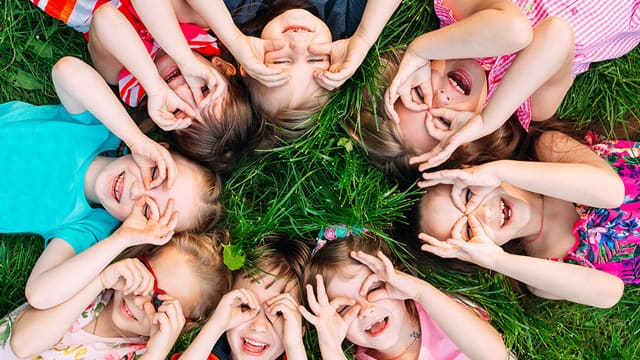

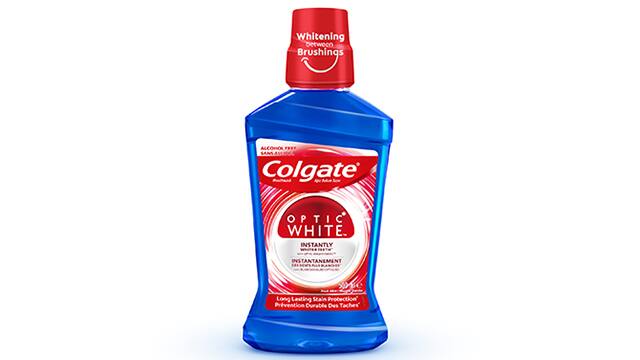
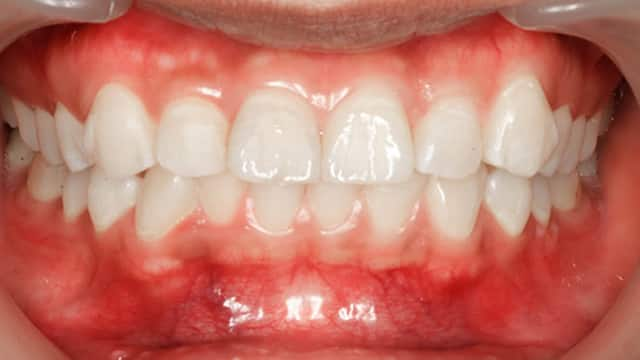
Cavities
Antibiotic Prophylaxis for Dental Procedures: Do Your Patients Need Premedication?
Read More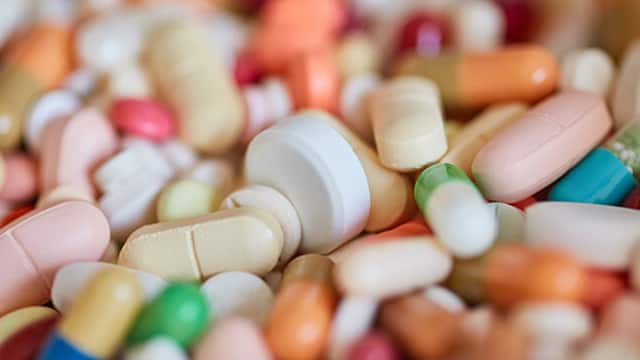
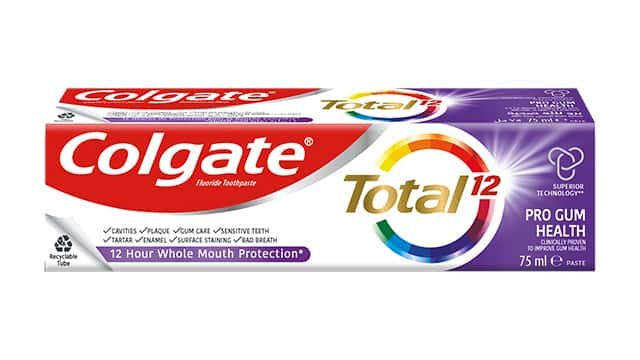

Cavities
Prevention Across the Lifespan: A Review of Evidence-Based Interventions for Common Oral Conditions Overview
Read More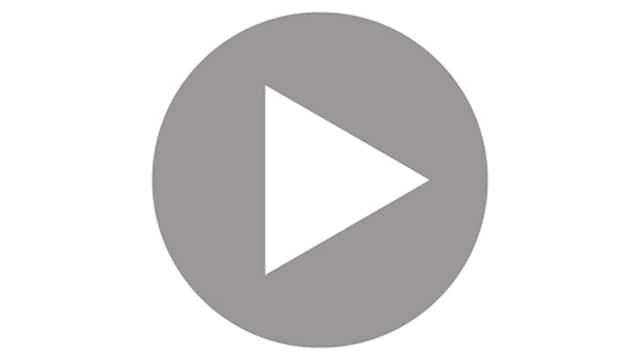
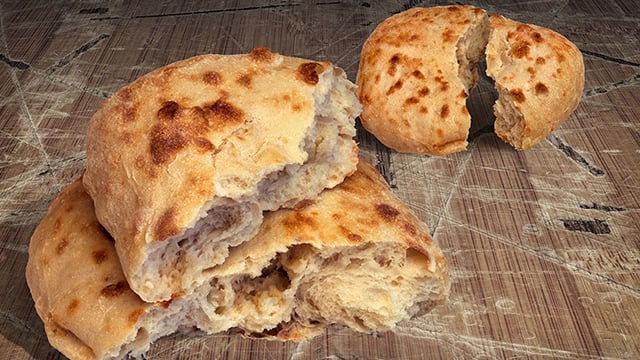





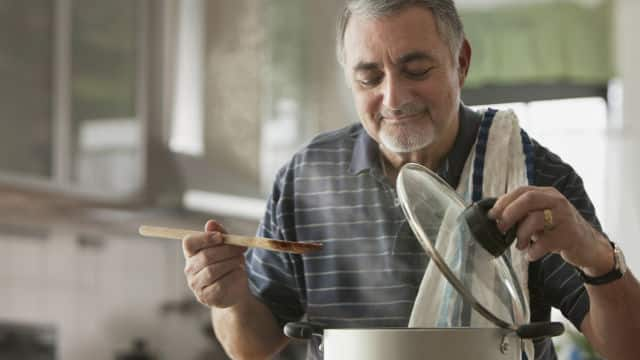



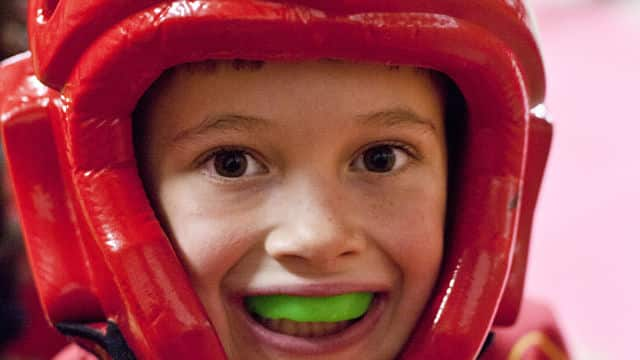
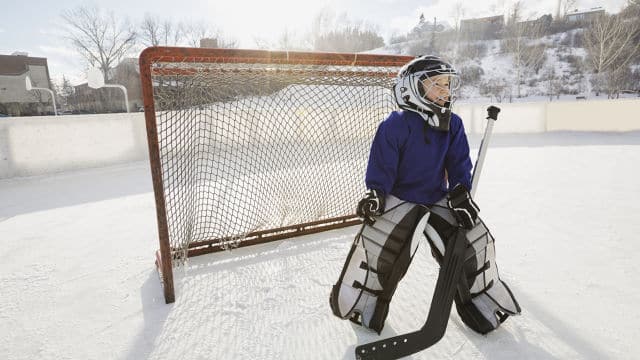



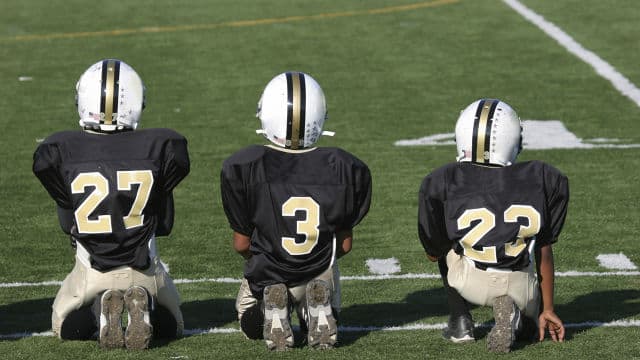


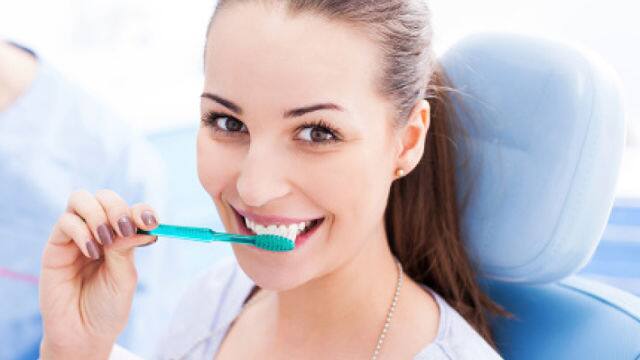
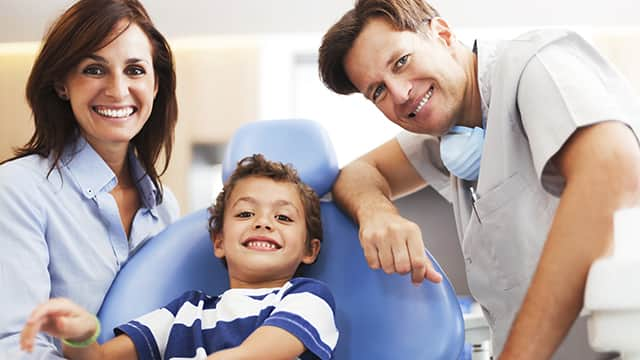

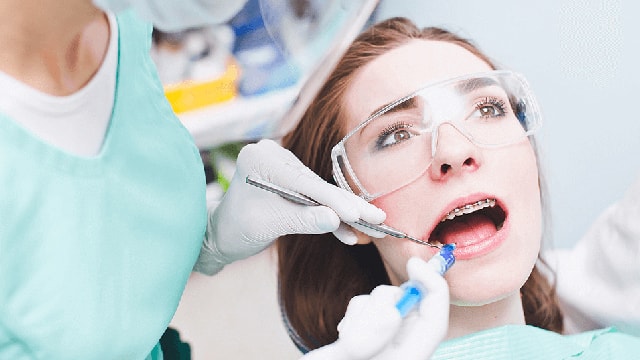
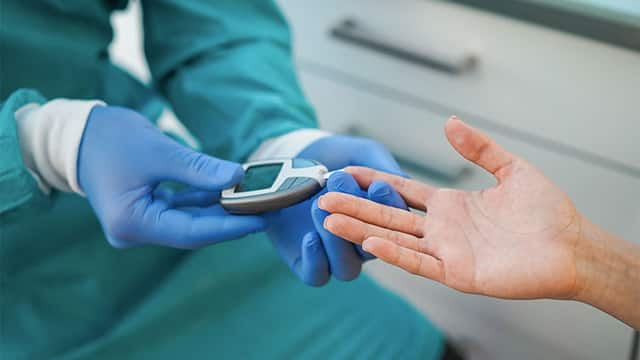



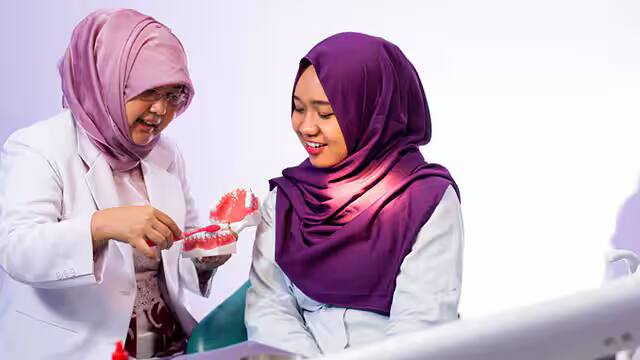
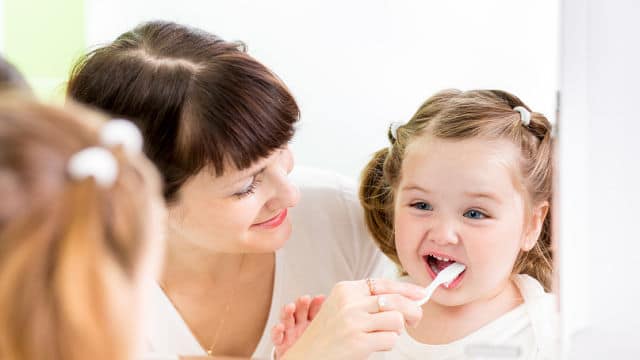
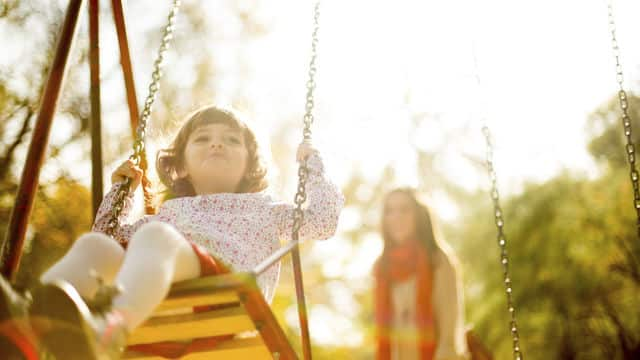



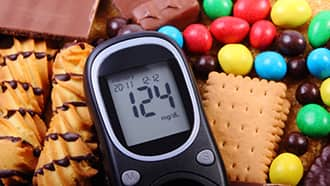
Diabetes & Other Endocrine Disorders
Prevent Diabetes Problems, Keep Your Teeth and Gums Healthy
Read More




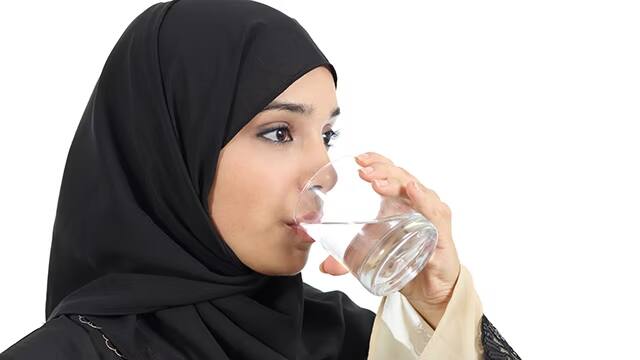
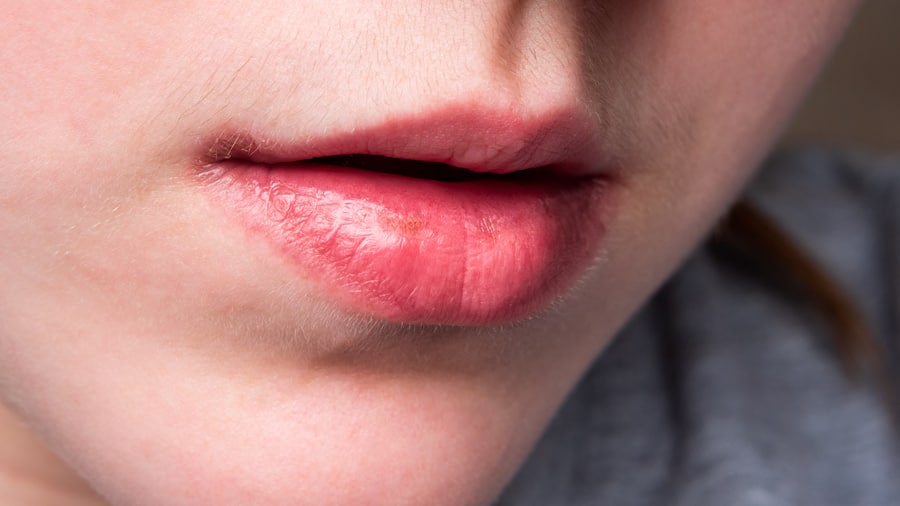

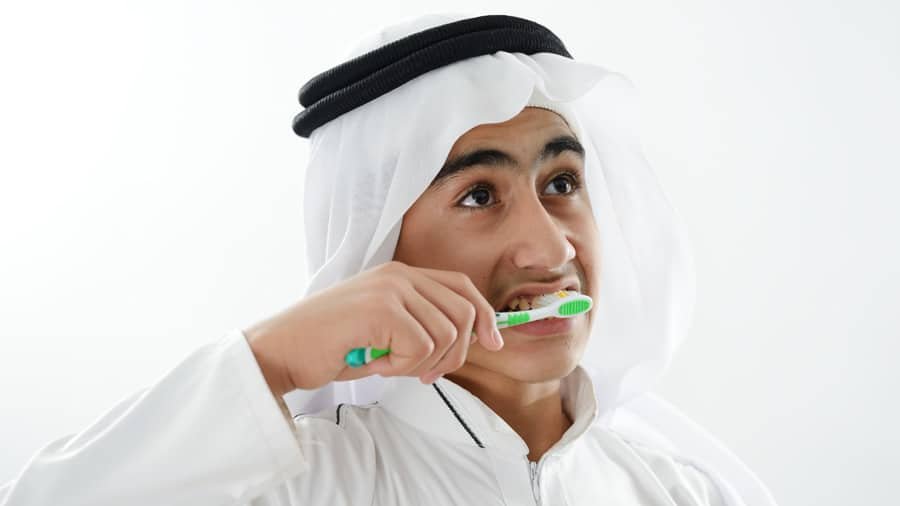



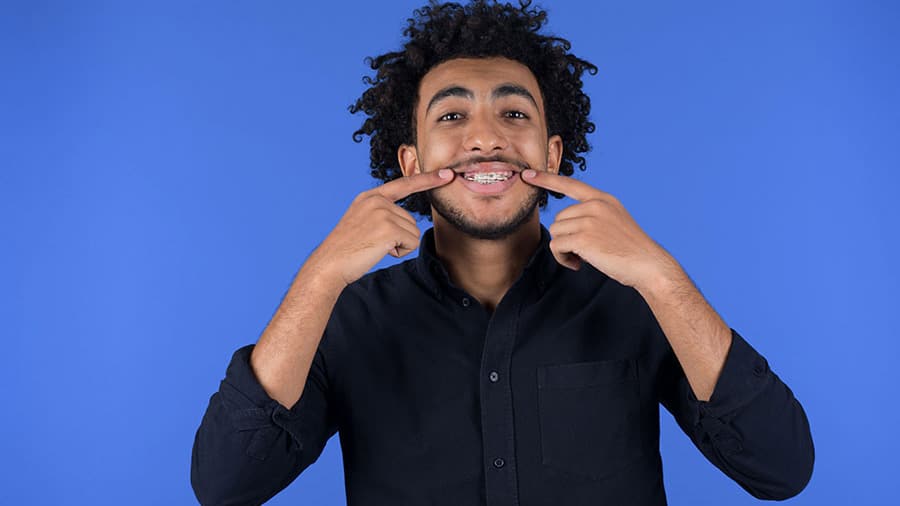


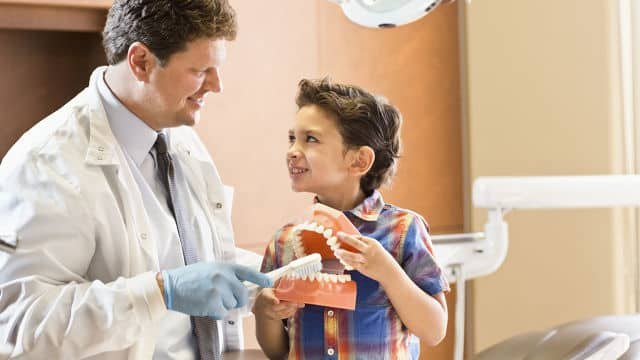

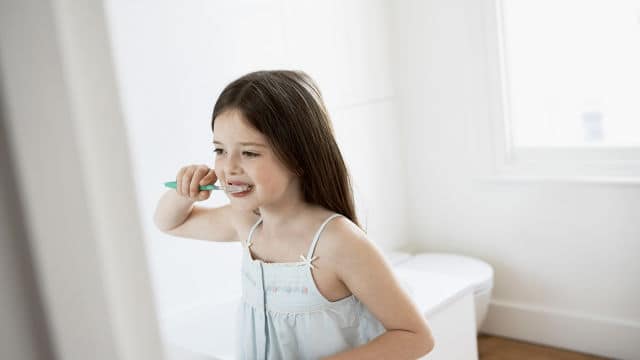





Digestive (Gastrointestinal) Disorders
Celiac Mouth Sores: How to Recognize and Manage Them
Read More

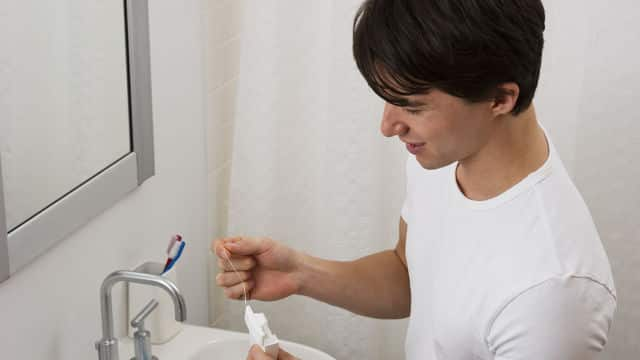


Gum Disease (Gingivitis)
Dental Scaling and Root Planing to Keep Your Teeth and Mouth Clean
Read More







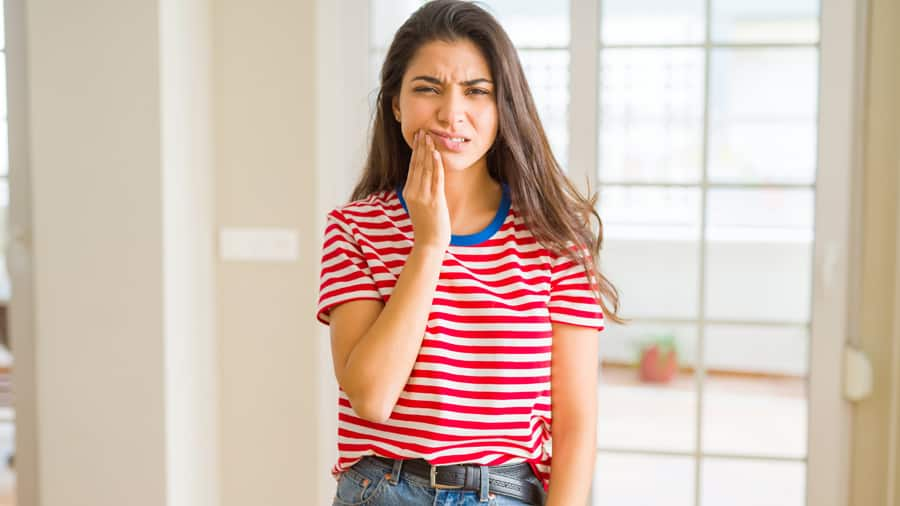
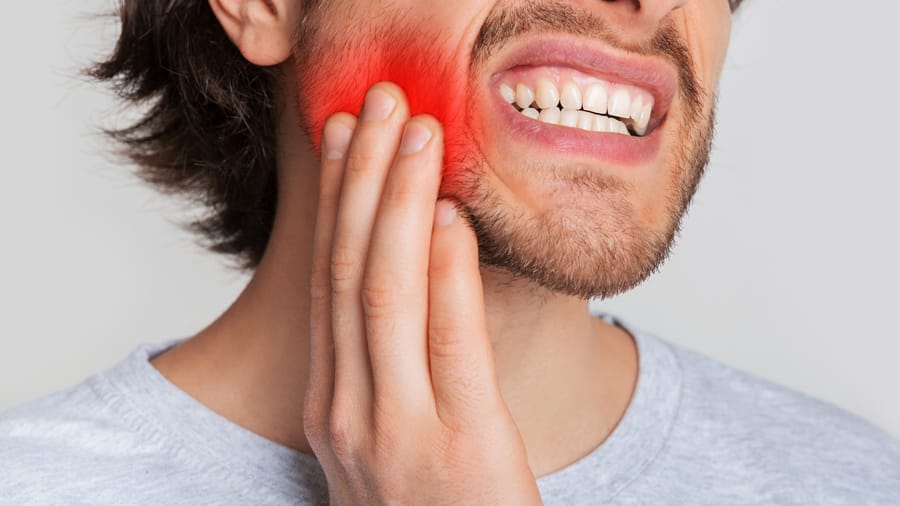

.png)
Gum Disease (Gingivitis)
Periodontal Disease
Learn about periodontal disease and the many available options for periodontal disease treatment to help end your periodontal gum disease.
Read More
Gum Disease (Gingivitis)
Gum Disease Symptoms and What To Do About Them
By getting to know the gum disease symptoms, you can get proper care immediately if you develop a problem.
Read More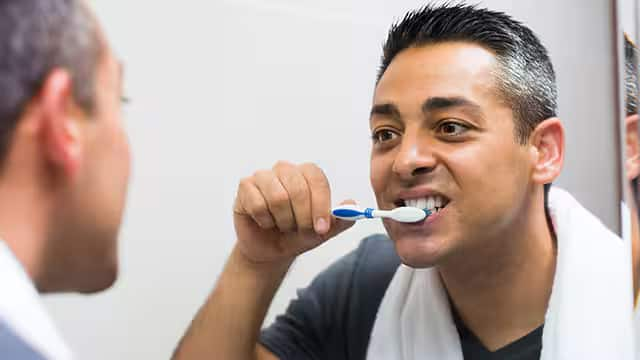
Gum Disease (Gingivitis)
4 Simple Causes of Irritated Gums
Gum irritation has many possible causes, but some of them come out of a personal habit you may not be paying attention to. Here are a few you should know.
Read More
Gum Disease (Gingivitis)
Family History Affects Your Risk for Gum Disease
If you have a family history of gum disease, then you are more likely to have problems with your gums. According to the American Dental Association, ...
Read More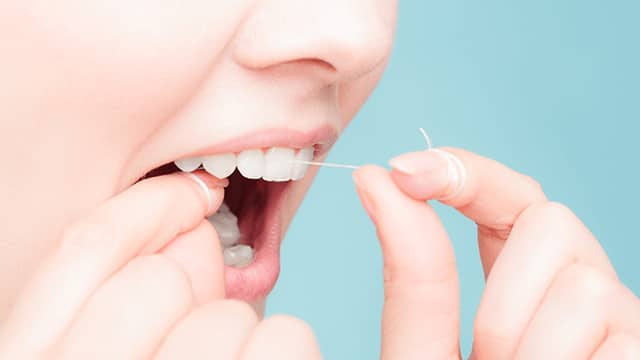
Gum Disease (Gingivitis)
The importance of interdental cleaning in the prevention and management of periodontal diseases
Read More
Gum Disease (Gingivitis)
The importance of antibacterial ingredients in oral care for patients with periodontal disease
Read More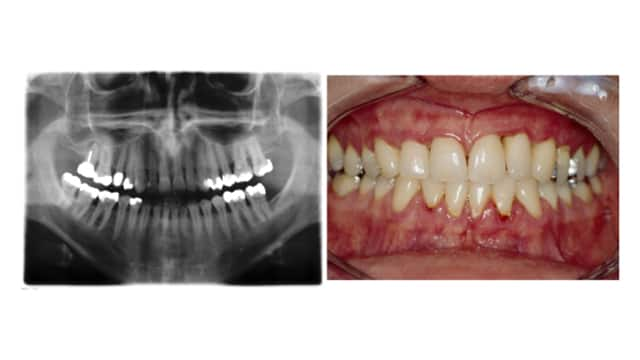
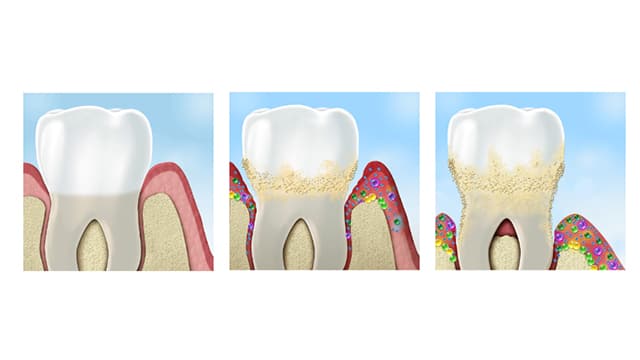

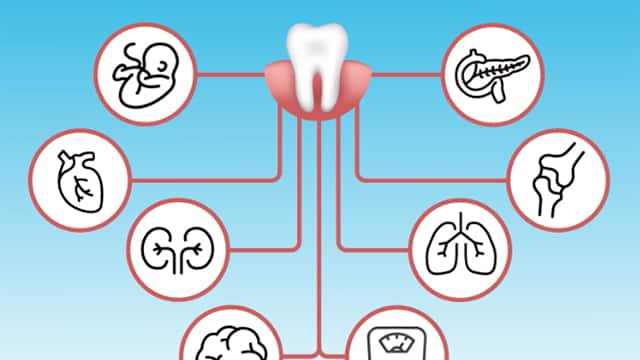










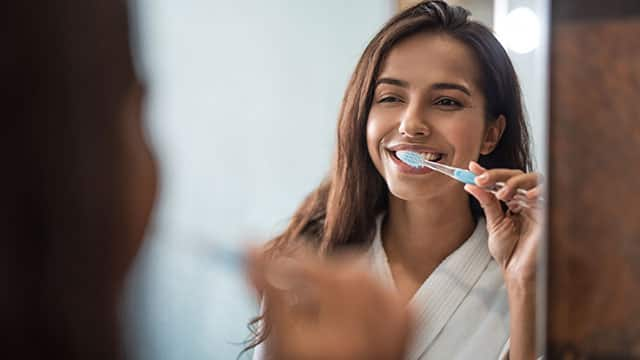
Implants
What Are Mini Dental Implants?
Mini dental implants are an option for patients looking to replace lost teeth but who don't want (or can't receive) conventional restorations.
Read More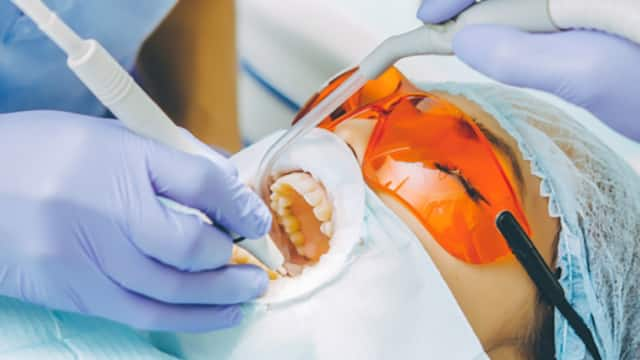
Implants
"My implant failed!" Check out 3 main reasons implants fail and how to avoid it in practice
Read More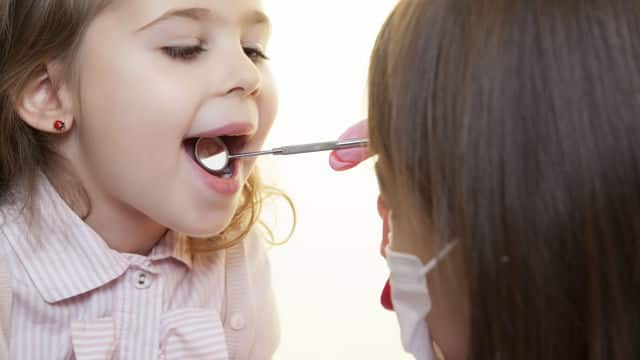


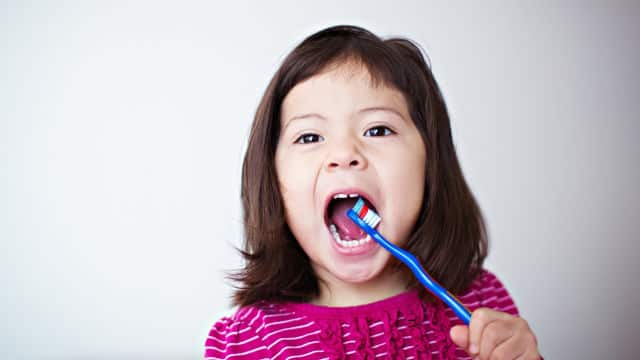


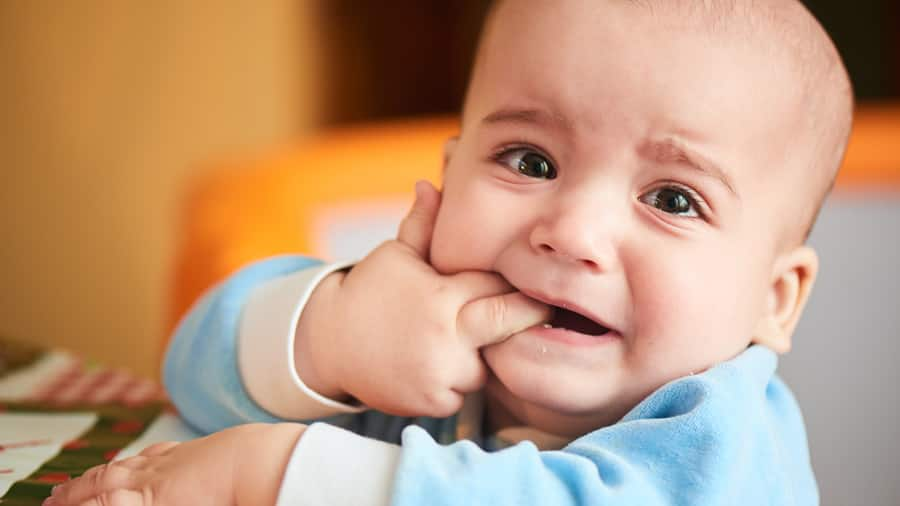
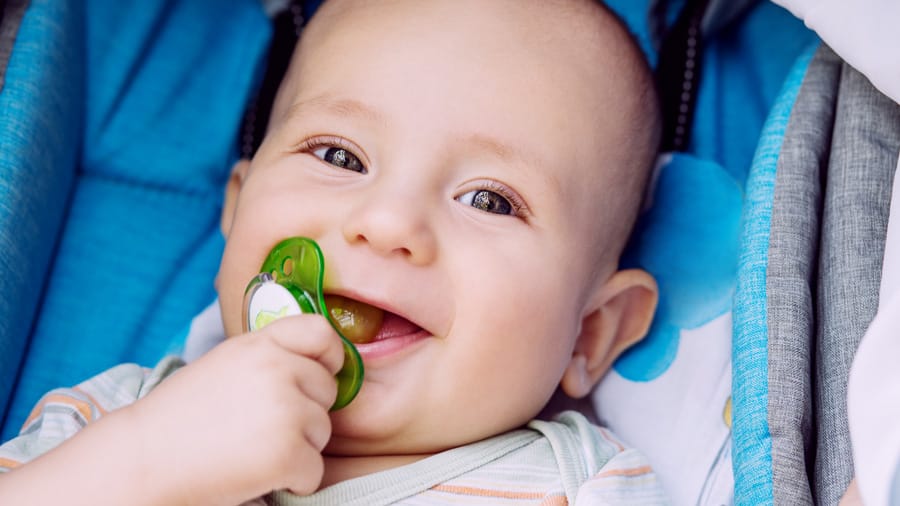
Oral Care: Babies (0-4)
Types of Pacifiers: How to Choose the One That's Right for Your Baby
Read More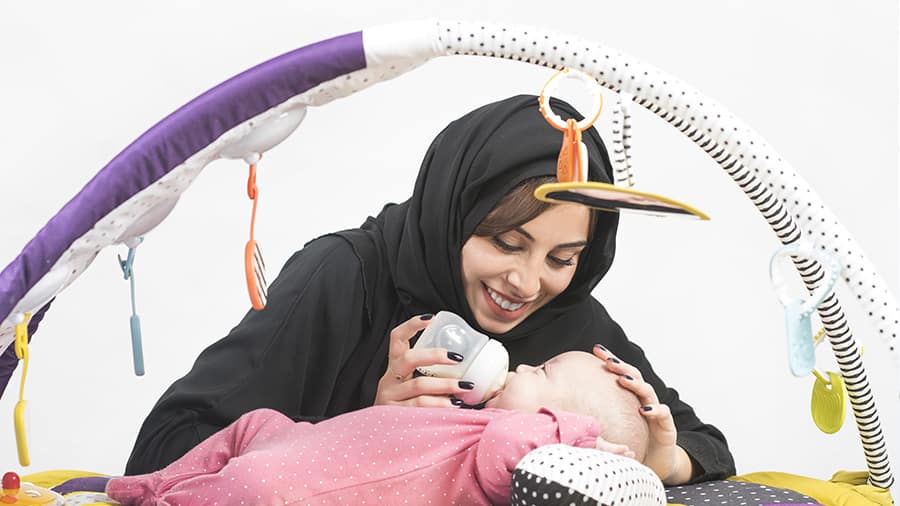

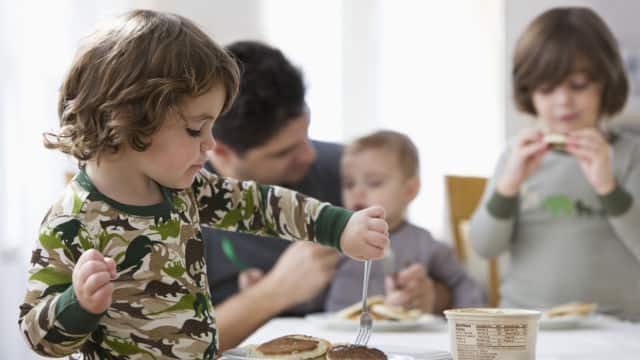


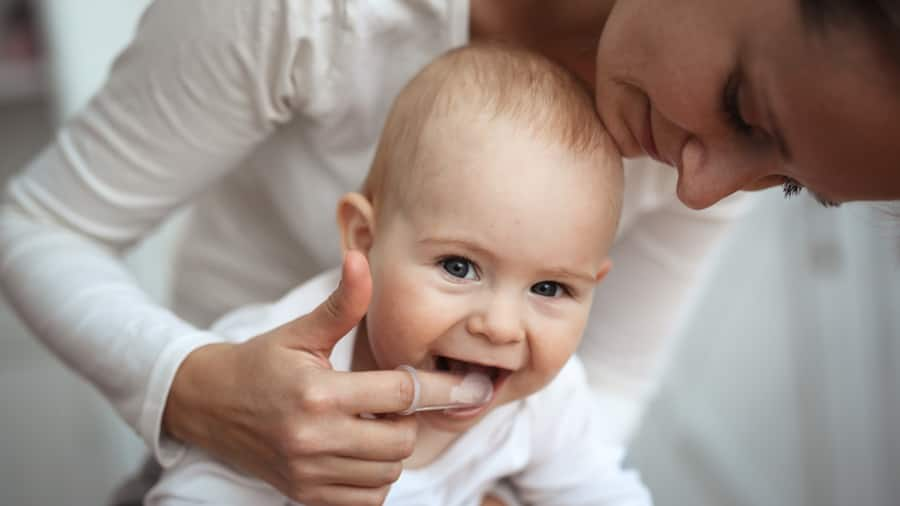

Oral Care: Kids (5-12)
Activities To Encourage Dental Health For Kids
From the time a child begins teething, dental health is something moms and dads think about. But sometimes brushing your child's teeth is harder than it sounds.
Read More
Oral Care: Kids (5-12)
A Guide To Your Teething Baby
Use this guide to understand the signs and symptoms of teething and to learn how to best soothe your teething baby's discomfort.
Read More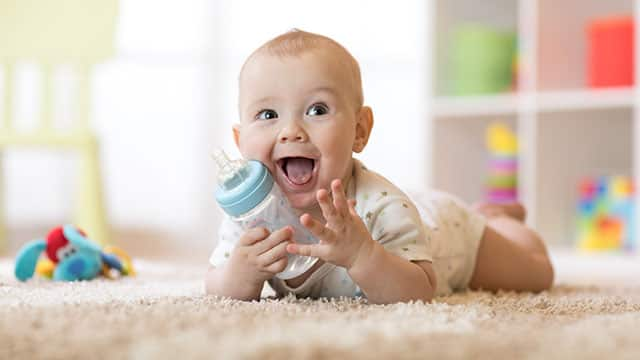
Oral Care: Kids (5-12)
Importance Of Caring For Natal Teeth
Caring for natal teeth is important as they affect the appearance of a child's adult teeth. Learn more about natal teeth and how to take care of them here.
Read More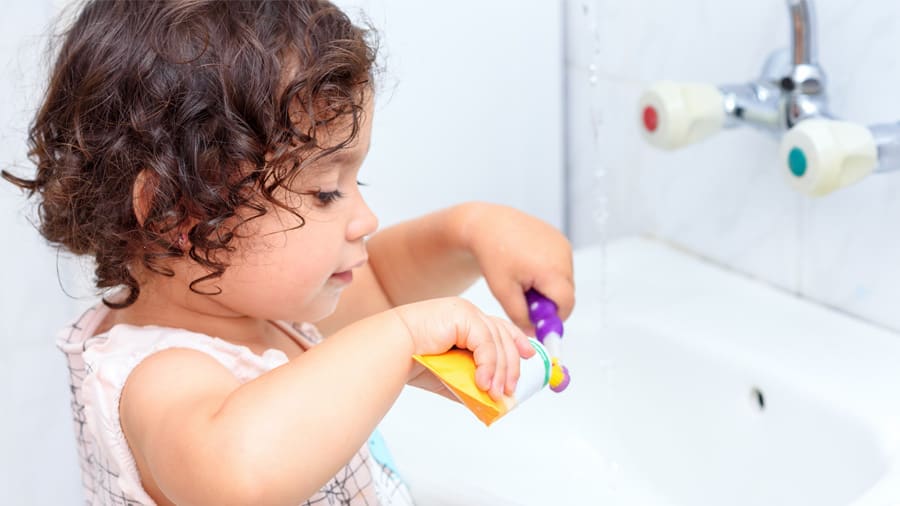
Oral Care: Kids (5-12)
Gum Abscess in Children: What Parents Need To Know
When your kid experiencing gum pains, it can be very stressful. Luckily, it can be treated with a visit to the dentist. Learn more at Colgate Saudi.
Read More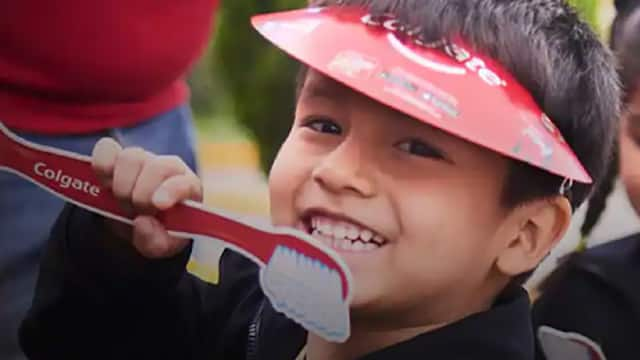

Oral Care: Kids (5-12)
Which Tooth Is Next? Using a Permanent Teeth Chart to Track Your Child's New Teeth
Read More


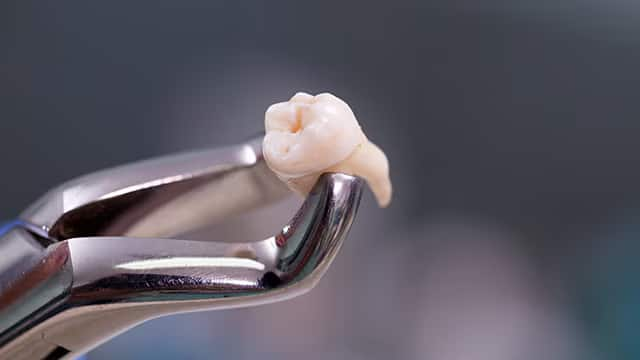


Mouth & Teeth Anatomy
Primary Molars Coming In? How To Help Your Child Through It
Molars coming in at this age might feel like a bigger hurdle in your child’s oral development. Luckily, there are things you can do to help them.
Read More
Mouth & Teeth Anatomy
What Is A Central Incisor?
When you flash a wide grin, the type of tooth that is front-and-center is the central incisor. Central incisors are the two upper and lower teeth at the very front of the mouth. On either side of them are the lateral incisors, making eight incisors in total in the adult dentition. Due to their position, incisors are the most noticeable teeth in the mouth, and they have various functions other than being the star of your smile.
Read More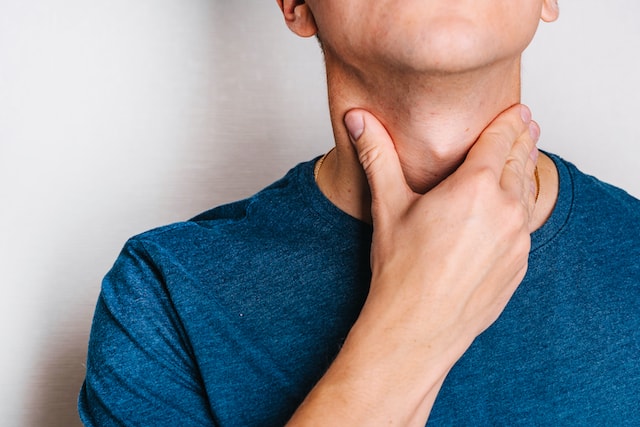
Mouth & Teeth Anatomy
The Glossopharyngeal Nerve Explained
For some cranial nerves, the name tells us the function. The prefix "glosso-" means relating to the tongue, and the suffix "-pharyngeal" means relating to the pharynx, or throat. Therefore, the glossopharyngeal nerve, also known as the ninth cranial nerve, has a role in both sensation and movement of the tongue and the throat. Learn what this important nerve does for your oral cavity.
Read More


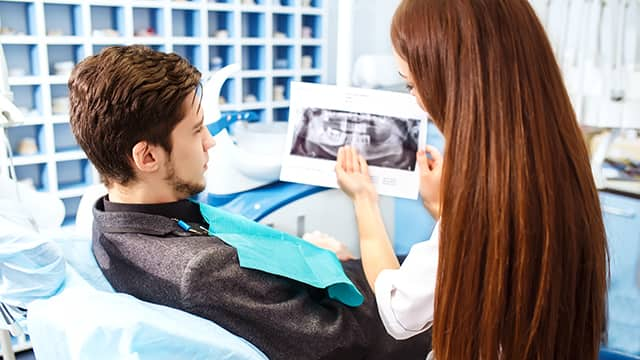
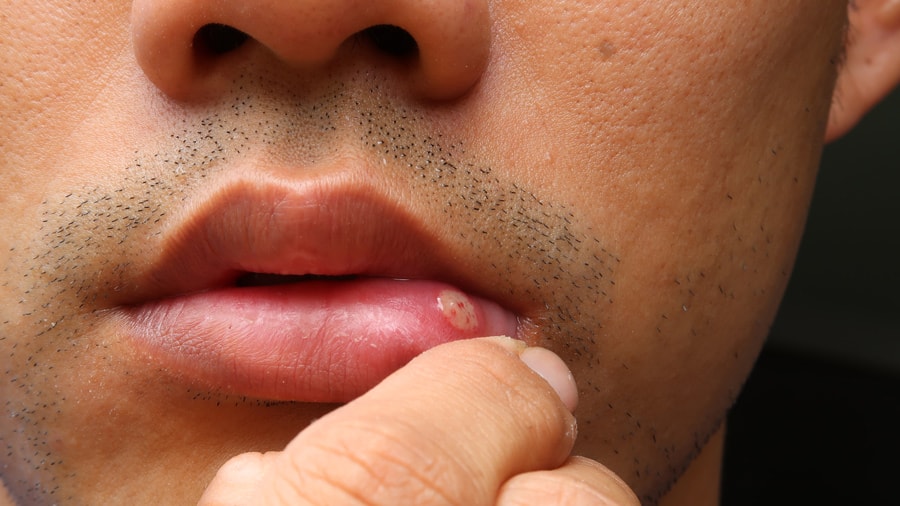
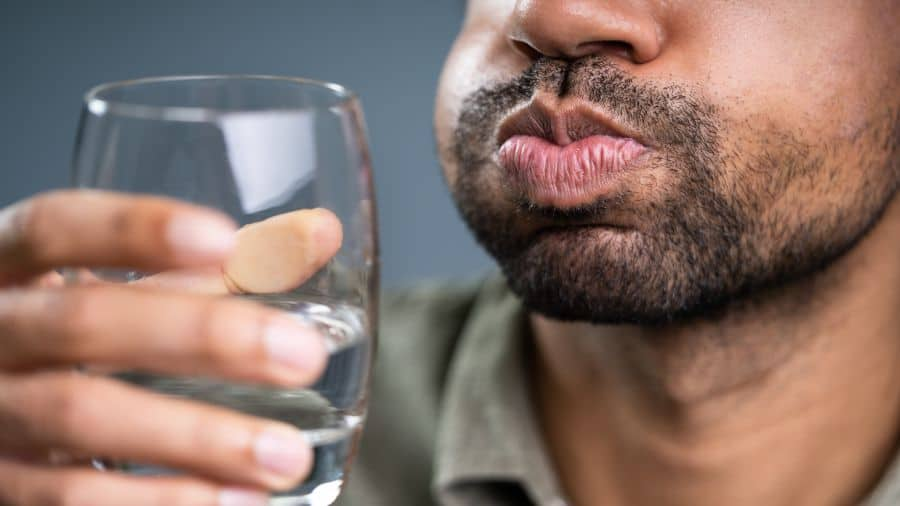
Mouth Sores and Infections
How Salt Water Mouth Rinse Benefits Oral Health
A salt water mouth rinse is useful for a number of different reasons. It's a great option for anyone who has a sore throat, gum sores or recently underwent dental procedures. It doesn't take the place of modern dental hygiene, but is used as a supportive measure for adults and children alike.
Read More




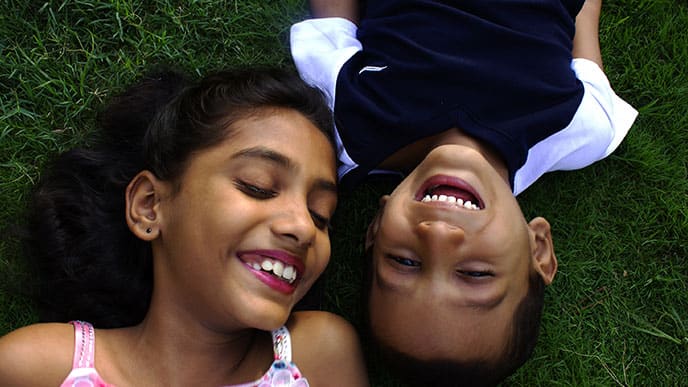






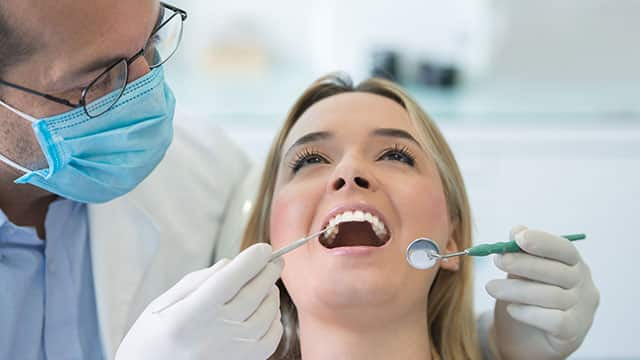
Plaque & Tartar
Plaque: What Is It and How do I Get Rid of It?
By following easy steps for keeping your teeth and gums healthy – plus seeing your dentist regularly — you can have your teeth for a lifetime!
Read More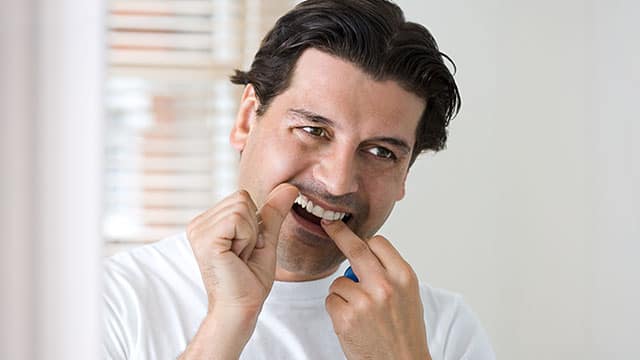
Plaque & Tartar
What Causes Plaque On Teeth?
When left alone, plaque on teeth turns to tartar and can increase your risk for cavities or gum disease. And as scary as it sounds, it happens to everyone.
Read More


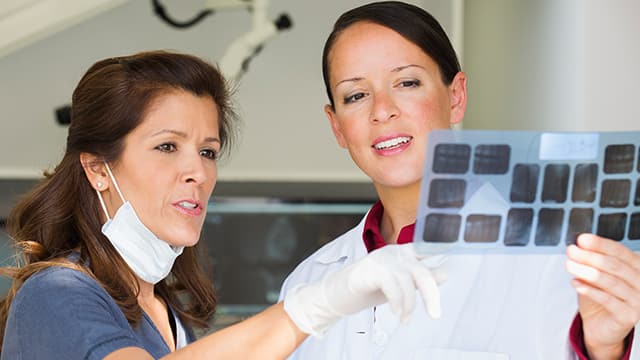


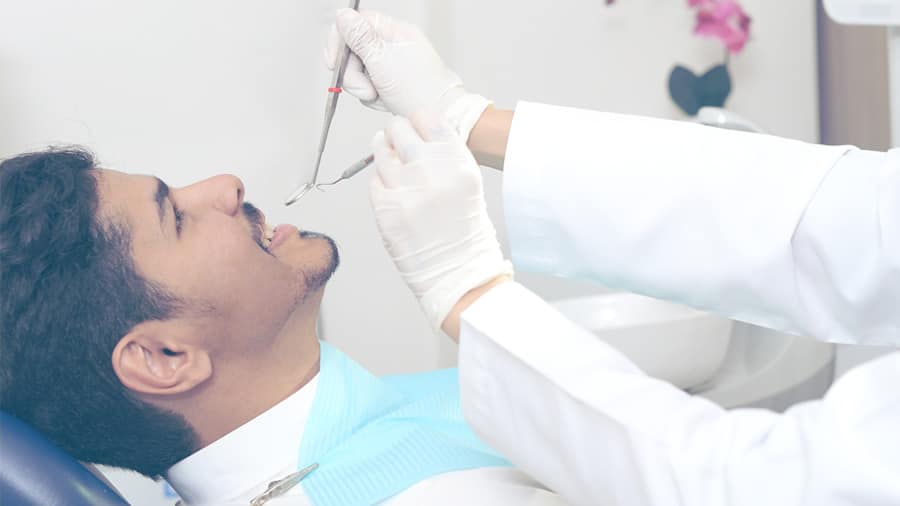
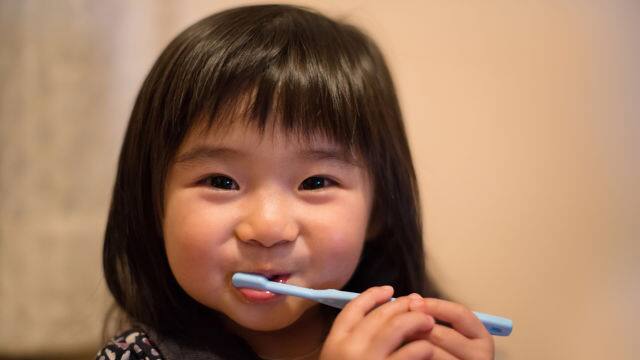

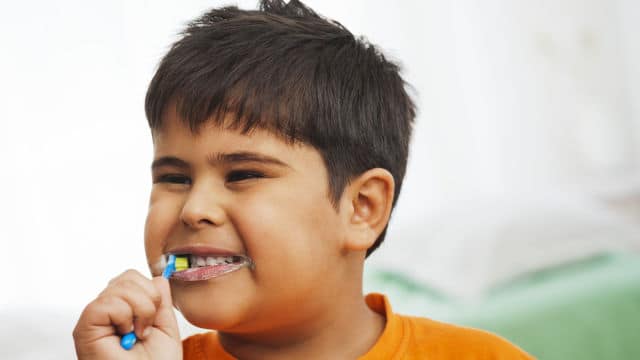
Dental Product Guidance
What Products are Available from My Dentist for Home Tooth Whitening?
Read More
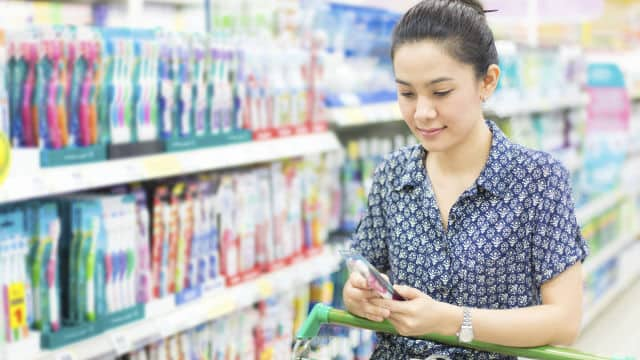

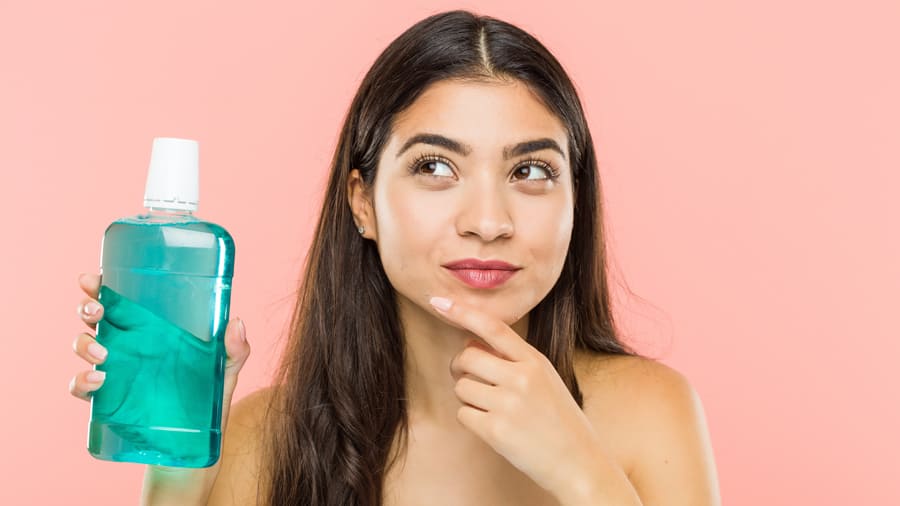
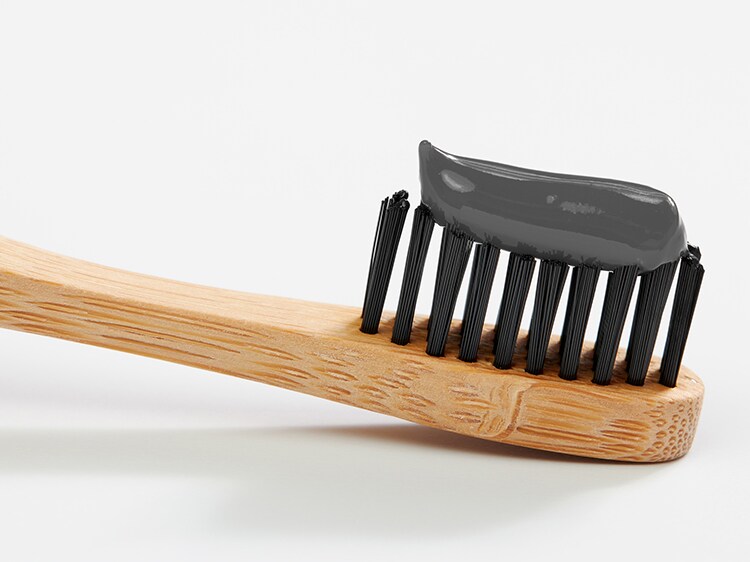
Dental Product Guidance
Charcoal Toothpaste: What Is It and Does It Work?
Is charcoal toothpaste a fad or here to stay? Research on its properties is still emerging, but many people are finding that charcoal toothpaste is worth a try.
Read More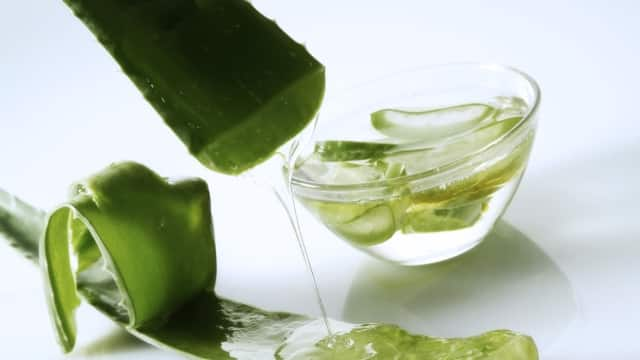
Dental Product Guidance
Aloe Vera Toothpaste: What are the Benefits?
Why use Aloe Vera Toothpaste? Aloe Vera is known for its benefits in controlling bacteria that causes cavities than other commercial toothpaste.
Read More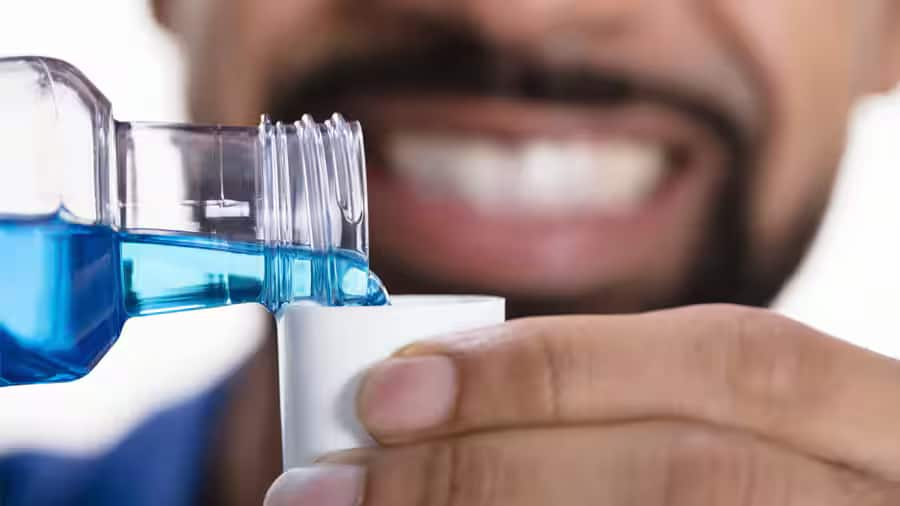
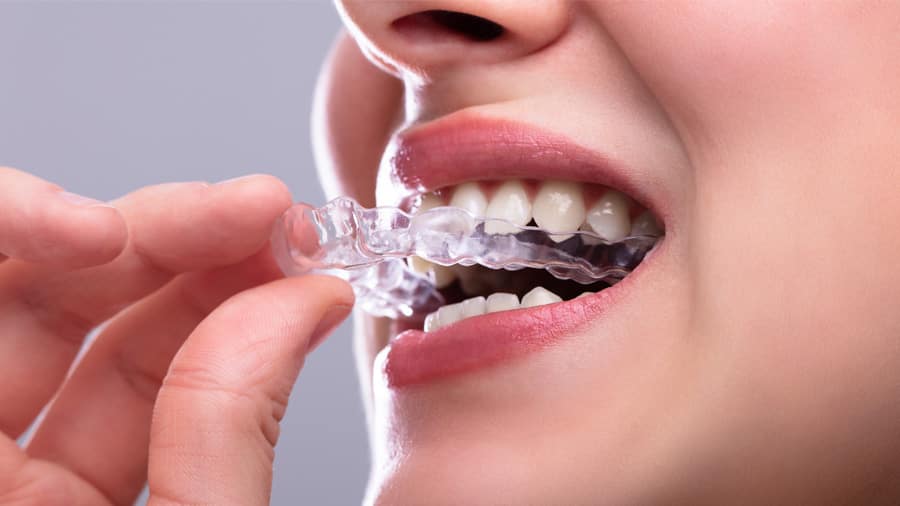
Dental Product Guidance
Mouthguards: Everything You Need to Know
Dentists might recommend mouth guards for their patients who grind their teeth at night, play contact sports, or have TMJ problems or sleep disorders.
Read More
Dental Product Guidance
5 Natural Ingredients in Fluoride-Free Toothpaste
Non-fluoride toothpaste is an effective alternate for those who are sensitive to fluoride. Here are five natural ingredients that still protect your teeth.
Read More


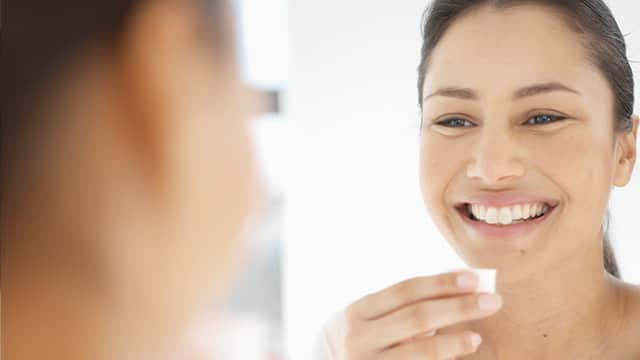
Teeth Whitening
The Best Whitening Mouthwash: What to Look For
What is the best whitening mouthwash out there and is using it going to help you get a brighter smile? Find out here!
Read More
Teeth Whitening
The Best Home Teeth Whitener Options For You
If you enjoy sipping hot coffee or tea in the morning, then you may have yellow or brownish stains on your teeth. What is the best Home Teeth Whitener For Coffee Lovers?
Read More
Teeth Whitening
Toothbrushing Techniques for Whiter Teeth
Everyone wants a sparkling white smile, but not everyone knows the best way to get one. Dingy gray or yellow stains happen naturally as we age.
Read More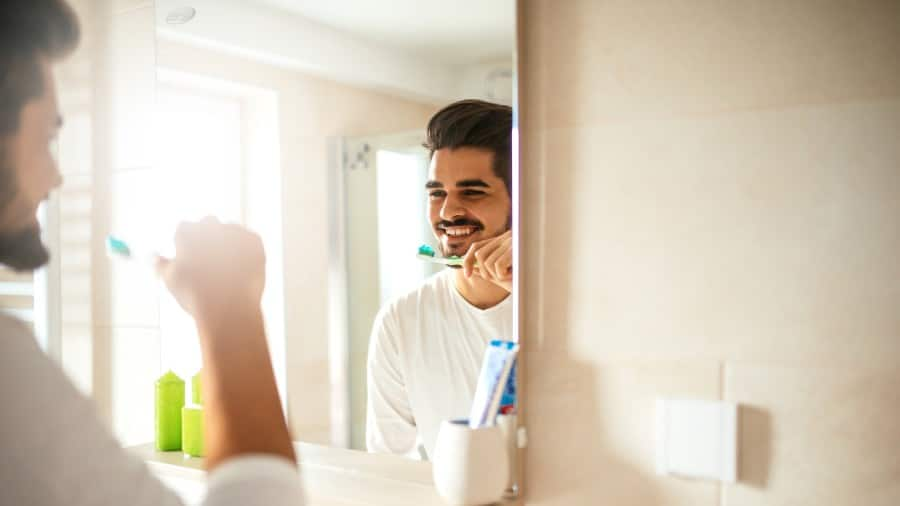
Teeth Whitening
How to Whiten Yellow Teeth: 5 Top Tips
Whether the discolouration is due to staining or other factors, learn how to get rid of yellow teeth through over-the-counter products and professional whitening from the dentist.
Read More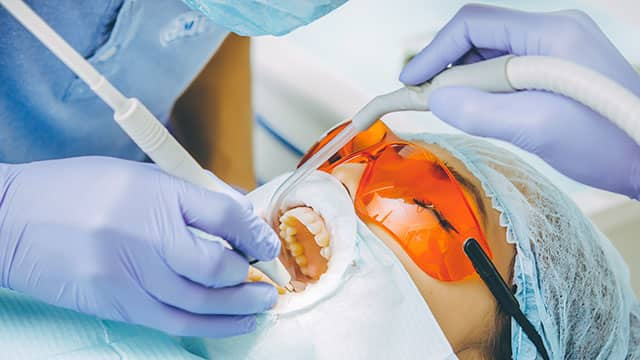
Teeth Whitening
What are the best Instant Teeth Whitening Options?
Here are your options, including the fastest teeth whitening treatments, and the ones that take some time.
Read MoreTeeth Whitening
Burned Gums from Teeth Whitening: What You Need to Know
If you've been whitening your teeth at home, you could have burned your gums from teeth whitening. Find out more about it, here from Colgate®.
Read More
Teeth Whitening
Best Over The Counter Teeth Whitening (For Any Lifestyle)
Whether you're on a budget or need results for a big event, here are the best over the counter teeth whitening options for any lifestyle. Learn more, here.
Read More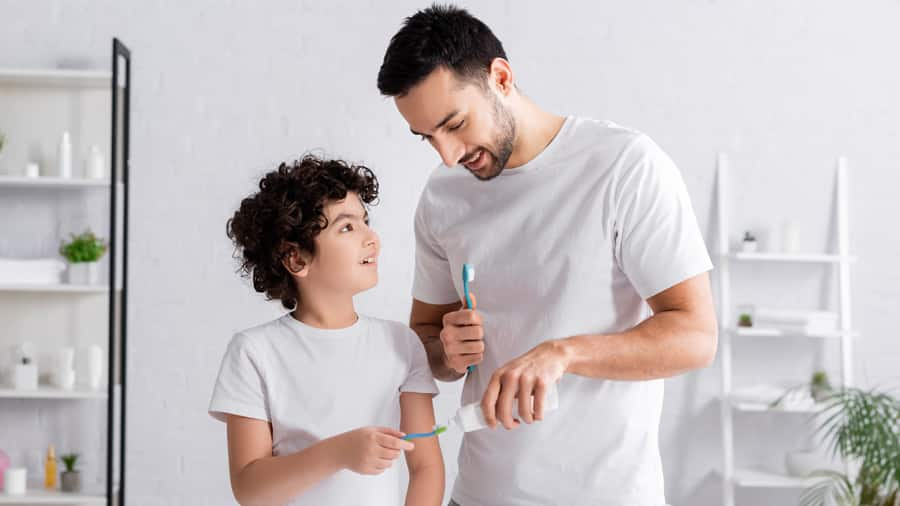
Teeth Whitening
Best Whitening Toothpaste: Five Signs You've Picked A Winner For A Perfect Smile
Read MoreTeeth Whitening
Build Your Home Tooth Whitening Kits
You can make an effective home tooth whitening kit with over the counter products, at home. Find out more about making a home tooth whitening kit, here.
Read More
Teeth Whitening
The Perfect Smile for Video Calls
How to have a perfect smile on video camera? Click here to learn the healthiest ways to have a beautiful smile on and off-camera with Colgate Saudi.
Read More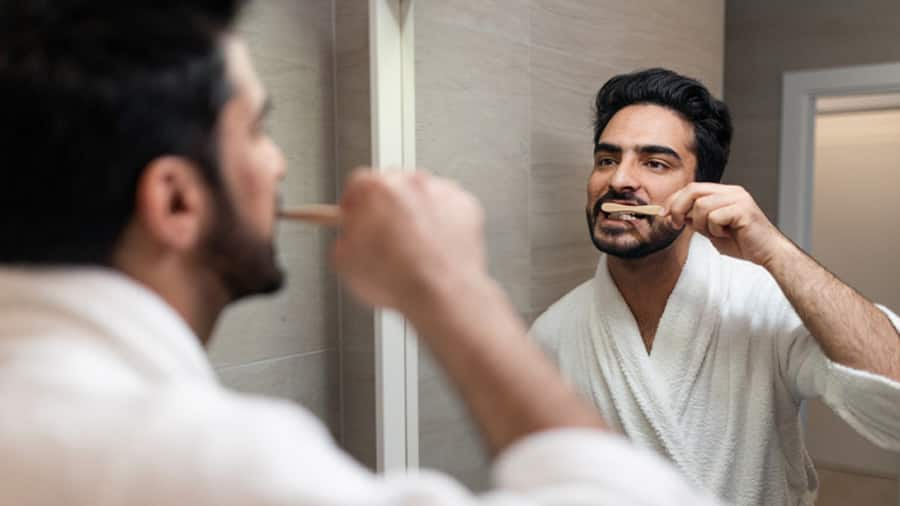
Teeth Whitening
Hydrogen Peroxide vs. Carbamide Peroxide
Find out what are the differences between Hydrogen Peroxide and Carbamide Peroxide. Also, learn if the whitening toothpaste is safe and effective and how to take care of your teeth.
Read More
Teeth Whitening
3 Types of Tooth Stains and How to Remove Them
There are many different types of tooth stain, such as extrinsic or intrinsic stains. Review here the differences and the right treatments for you.
Read More
Teeth Whitening
3 Tips For Preventing Teeth Stains From Braces
Learn about our top 3 tips for preventing teeth stains from braces and whitening your teeth evenly once they come off.
Read More
Teeth Whitening
What Works Best to Remove Coffee Stains from Your Teeth?
Most of us can't live without a daily dose of coffee to jump start the day, but could the beverage that puts morning smiles on… Read more
Read More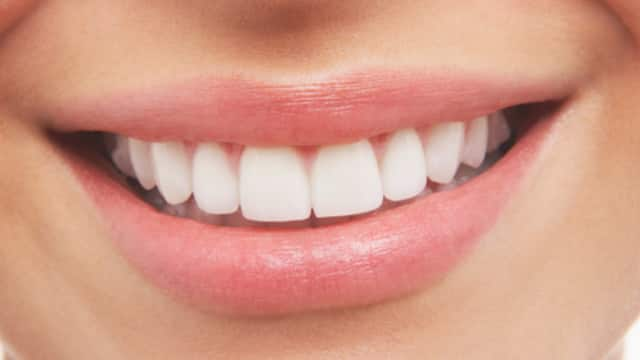
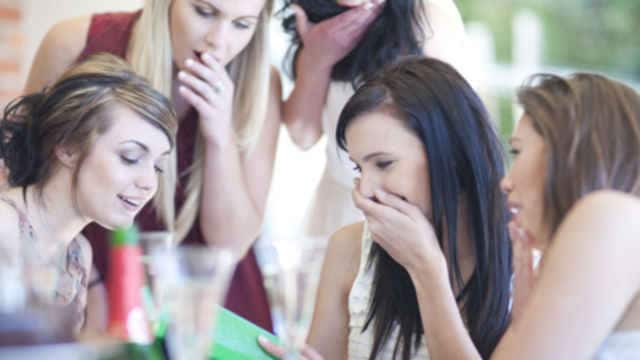

Teeth Whitening
How to Choose a Teeth Whitening System
There are a number of teeth whitening options, click here to find out how to choose the best one for you. More information here.
Read More
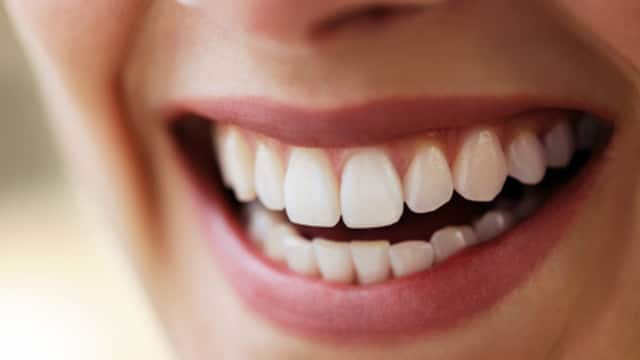

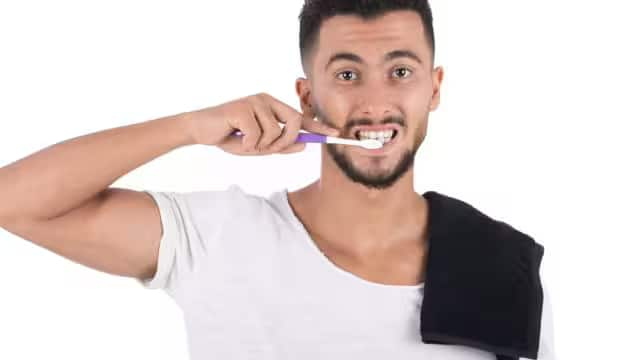



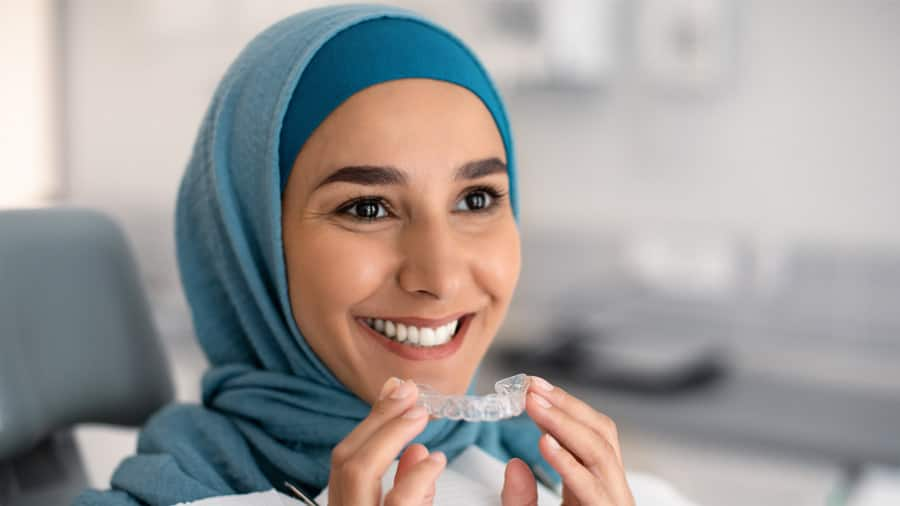
Teeth Whitening
4 Types of Teeth Whitening Products
Read here about the key four types of teeth whitening products and decide on the one that suits you best. Click here to learn more details.
Read More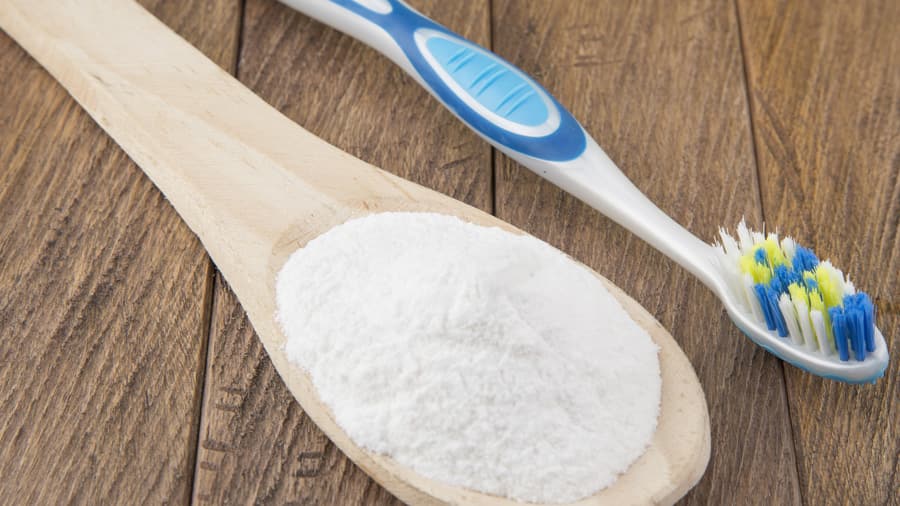

Teeth Whitening
Does Charcoal Teeth Whitening Work?
Charcoal toothpaste is a hot topic, and it might have you wondering if you should buy a tube of black toothpaste. But does charcoal teeth whitening work?
Read More
Teeth Whitening
Banana Peel Teeth Whitening: Will It Give You A Brighter Smile?
Some claim that banana peel teeth whitening works, but does the science support it? Learn more about bananas and what you can do for a whiter smile, here.
Read More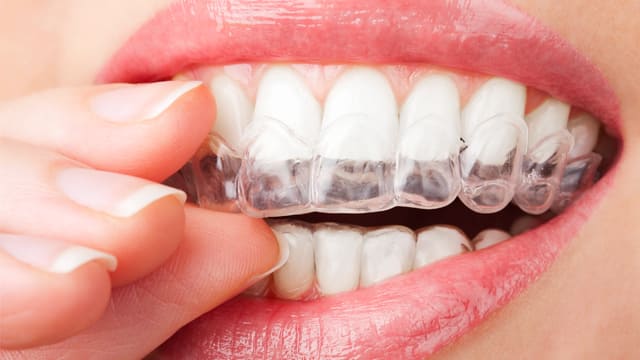
Teeth Whitening
How Custom Whitening Trays Brighten Your Smile
If your teeth aren't as white as you'd like, there are safe and simple ways to improve it. One of them involves custom whitening trays.
Read More
Teeth Whitening
Strawberry Teeth Whitening and Other Weird Whitening Methods
There are tons of bizarre teeth whitening methods, like strawberry teeth whitening. Do these whitening methods actually work? Learn more, here.
Read More
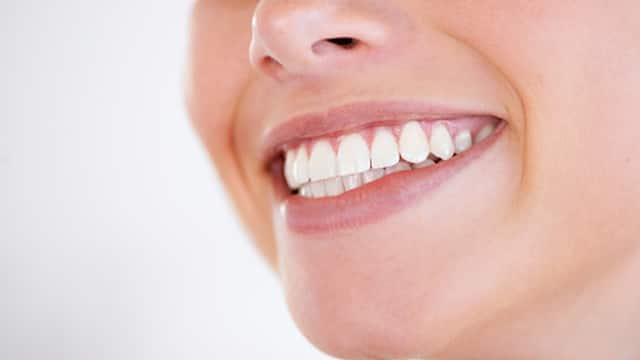

Teeth Whitening
How to Whiten Teeth 4 Methods for Whiter, Brighter Teeth
There are many tricks and tips about teeth whitening treatments. We provide the best advices for you. Find out more about the healthiest way to whiten your teeth.
Read More

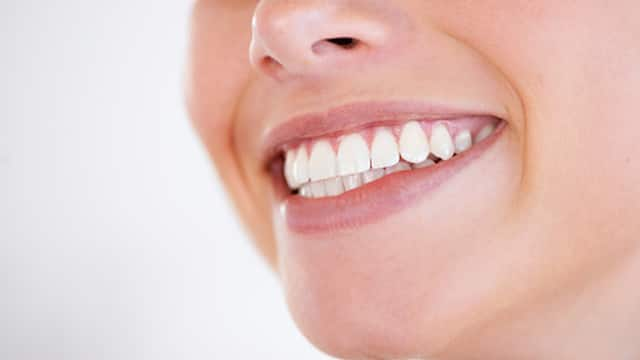


Teeth Whitening
Whitening Toothpaste 101: The Basics of Daily Whitening
Before you pick up a toothpaste that promises to whiten your teeth, make sure you understand the how's and whys so you can pick the right product for you.
Read More
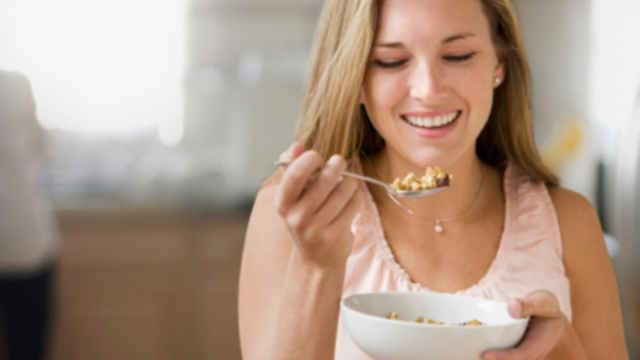






Dental Health Threats
Dental Grills — The New Trend Affecting Dentistry and the Health of Your Teeth
Read More


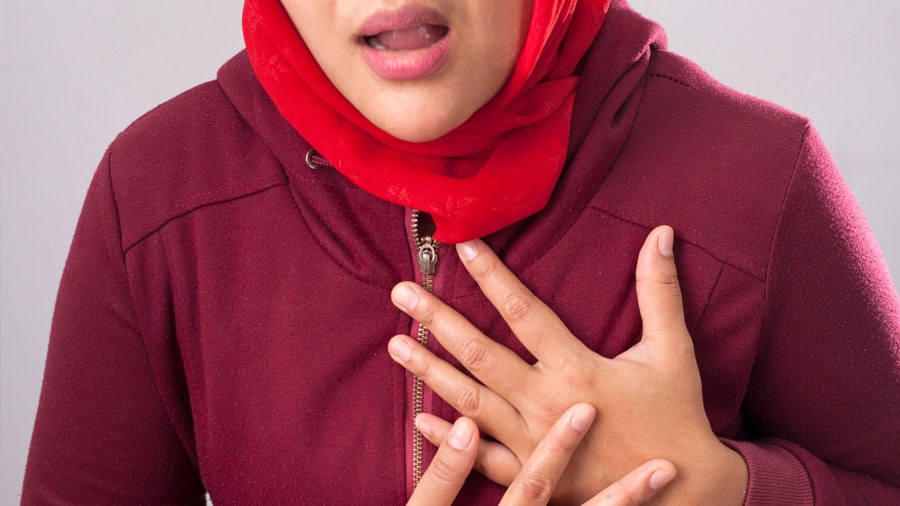
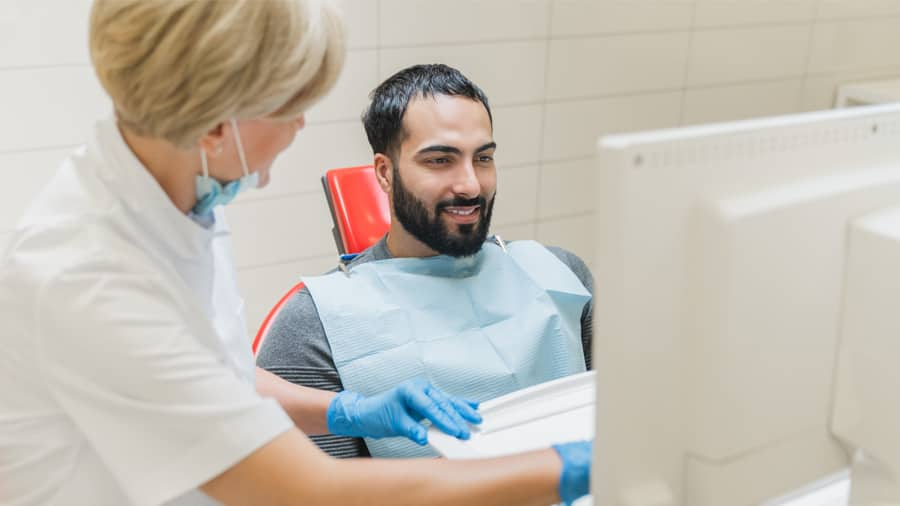
Dental Health Threats
What Causes Pale Gums? 3 Possibilities to Discuss with Your Dentist
If your gums appear paler than usual, it may indicate that you have a health problem. Here are three possibilities to discuss with a doctor or dentist.
Read More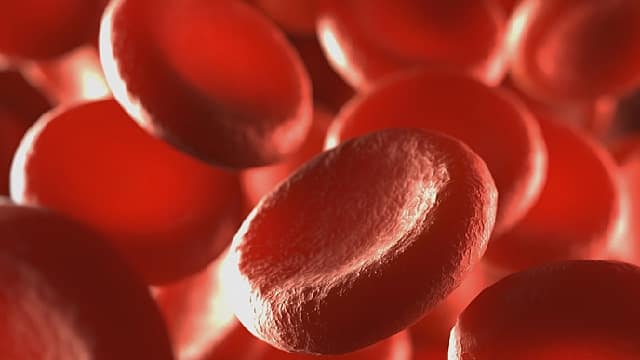

Dental Health Threats
Q&A ON COLGATE-PALMOLIVE LABORATORY AND CLINICAL RESULTS FOR EFFECTS OF TOOTHPASTE AND MOUTHWASH ON COVID-19 VIRUS
Due to the COVID-19 outbreak, questions surrounding dental health have arose. Find your at-home treatments, & when you should see a dentist here.
Read More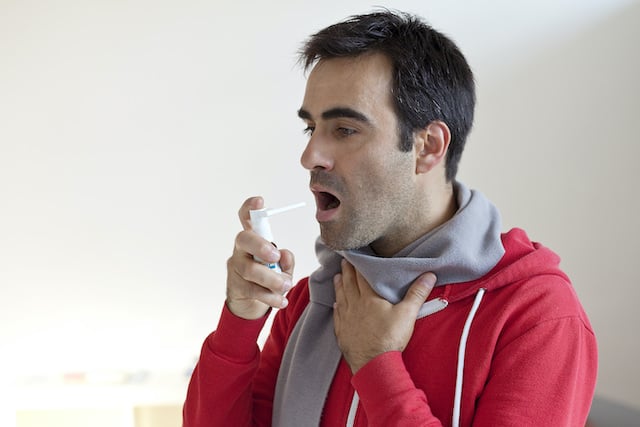
Dental Health Threats
How Mouth Spray Helps Dry Mouth
A mouth spray may be good option if you need short-term relief of dry mouth. Learn how sprays work and what you can do for longer-term solutions, here.
Read More
Dental Health Threats
How Do I Care For My Teeth During The Coronavirus Pandemic?
Due to the COVID-19 outbreak, questions surrounding dental health have arose. Find your at-home treatments, & when you should see a dentist here.
Read More
Dental Health Threats
Q&A ON COLGATE-PALMOLIVE LABORATORY AND CLINICAL RESULTS ON EFFECTS OF TOOTHPASTE AND MOUTHWASH ON COVID-19 VIRUS
Can toothpaste and mouthwash neutralize and reduce the virus that can cause COVID-19 in your mouth? Read more on this new Colgate-Palmolive research for toothpaste and mouthwash effects on the COVID-19 virus.
Read More
Dental Health Threats
Rotten Teeth: Causes, Symptoms, and Treatment for Tooth Decay
How can you tell if you have rotten teeth? Can a dentist save them and make your mouth healthy again? Learn the signs and treatments for rotten teeth.
Read More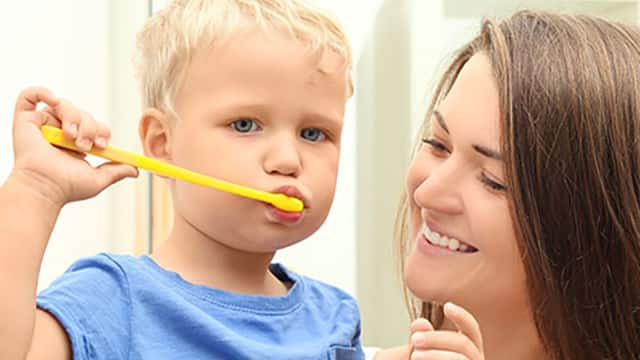
Dental Health Threats
Children’s oral health may be disproportionately affected during the pandemic
Read More


Tooth Extraction
Pain After Having a Tooth Removed: 3 Tips to Help Your Kids Keep Brushing
Read More

.jpg)
.jpg)





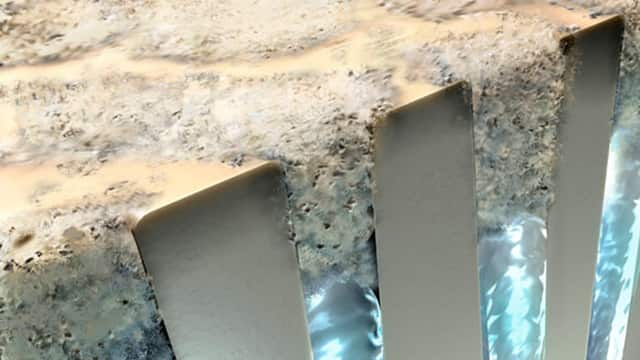

Tooth Sensitivity
Efficacy of desensitizing products for hypersensitivity relief in MIH-affected molars
Read More





Veneers
How Porcelain Dental Veneers Can Rebuild Your Smile
If unattractive teeth make you hide your smile, it may be time for an oral makeover. Here's how porcelain dental veneers can help.
Read More






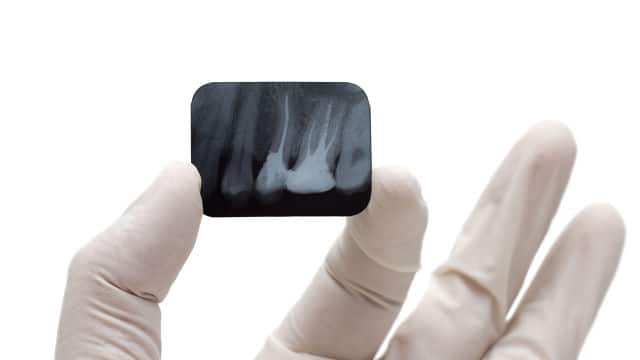
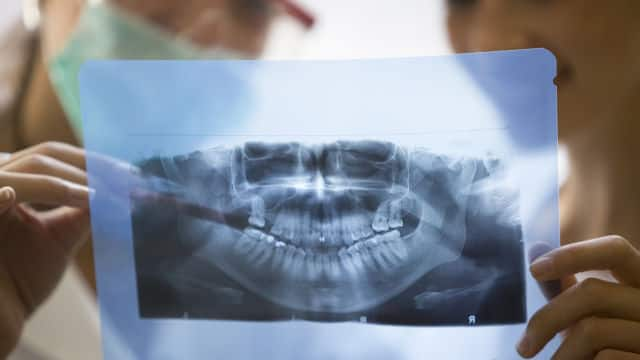


X-Rays
Oral And Maxillofacial Radiology: The Dental Specialty Dedicated To X-Rays
X-rays are an important part of your dental visit, and there's a whole specialty dedicated to them called oral and maxillofacial radiology. Here's more.
Read More
X-Rays
X-Rays for Children
Children's mouths should be x-rays in accordance with your child's development and dental health. Find out more about dental x-rays for children, here.
Read More